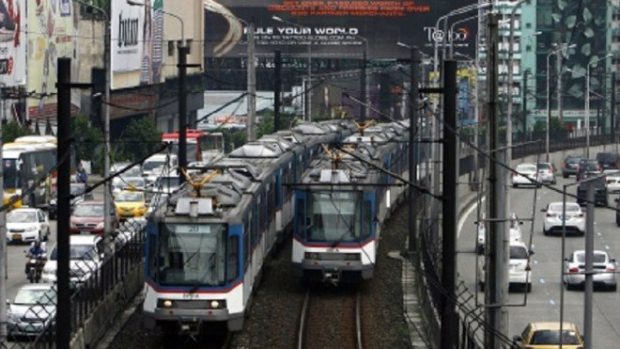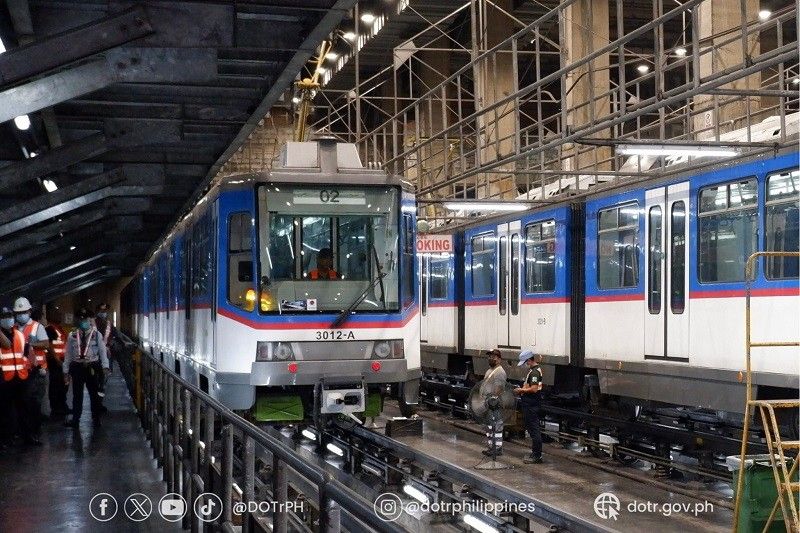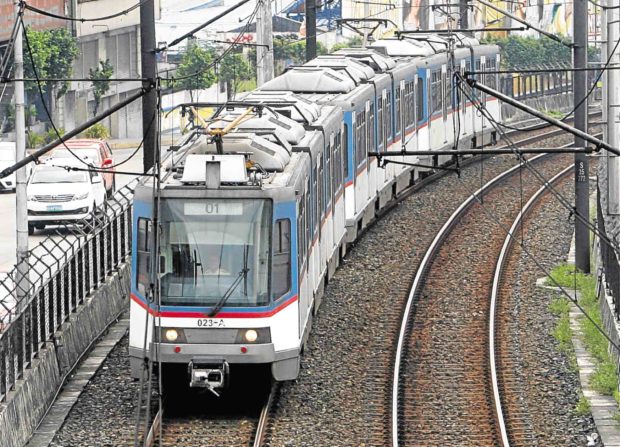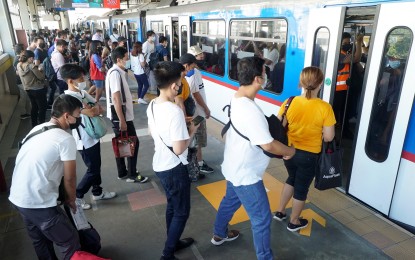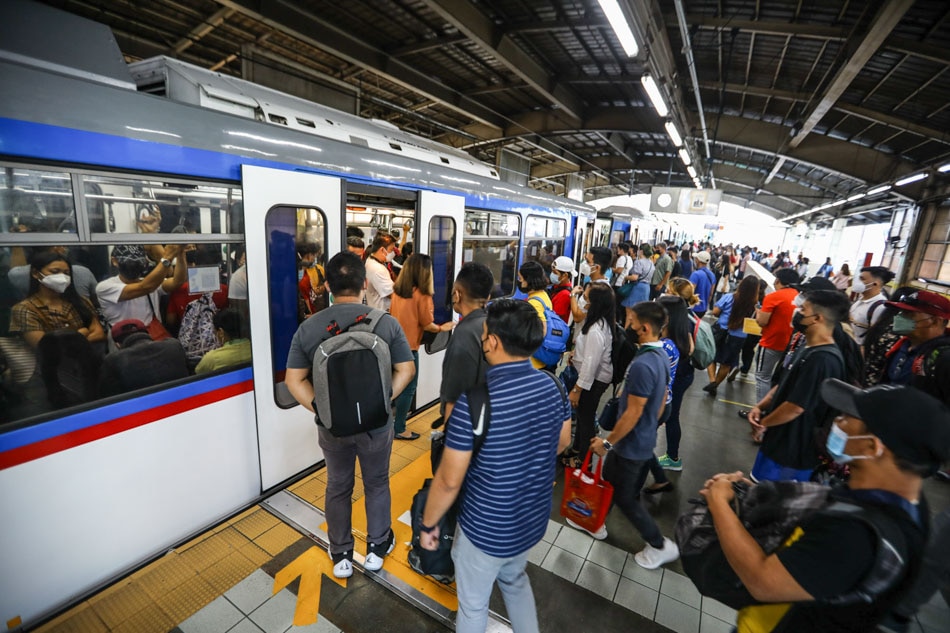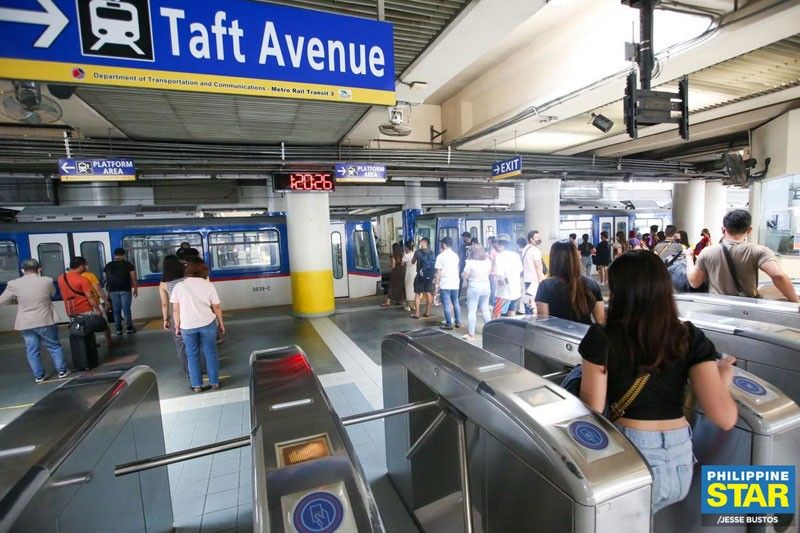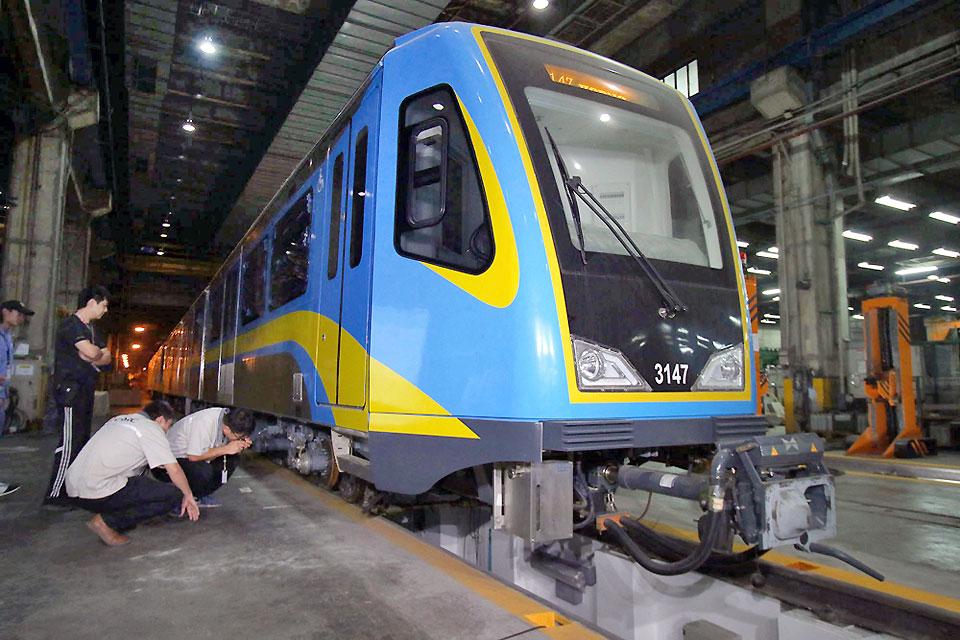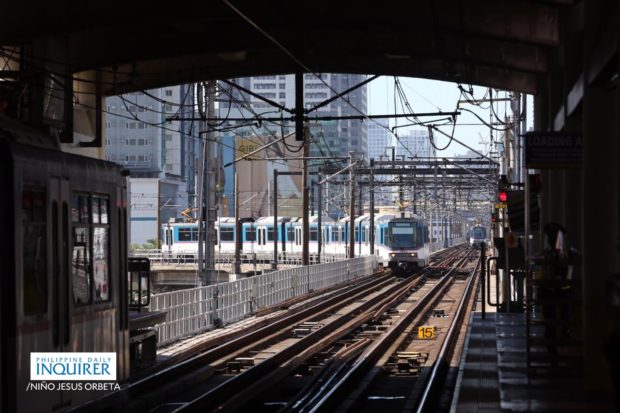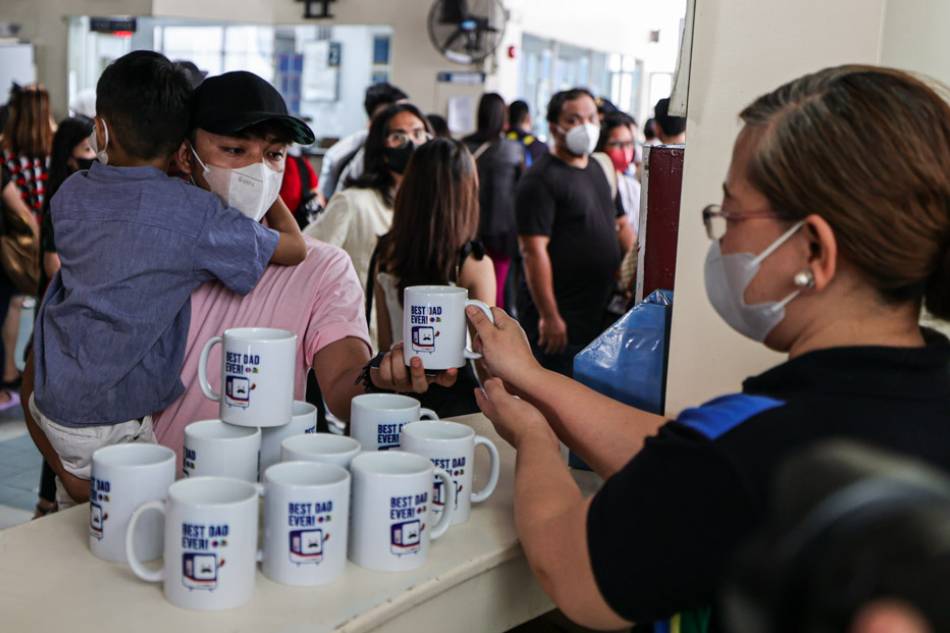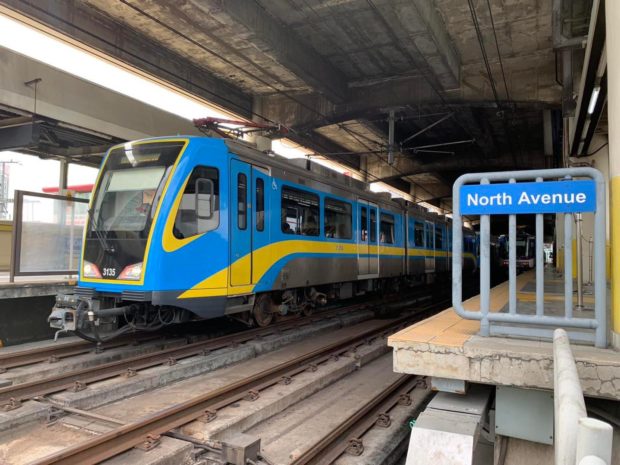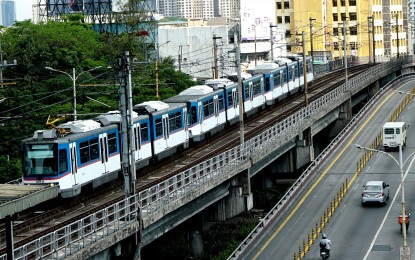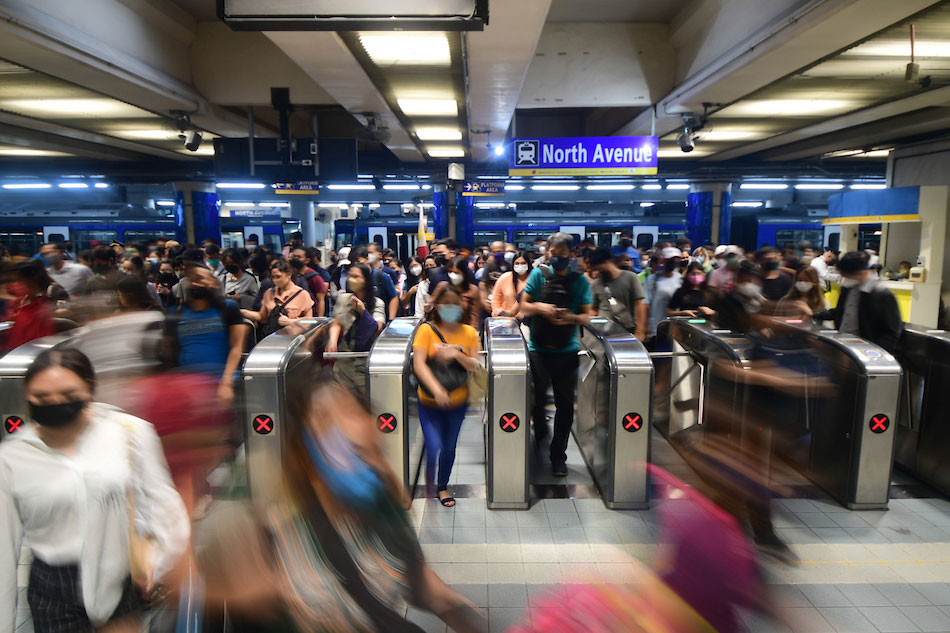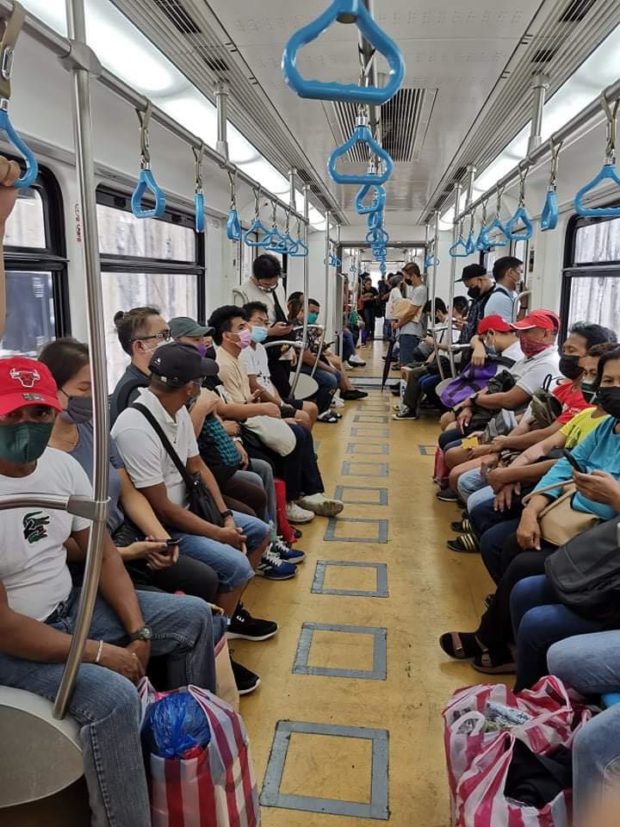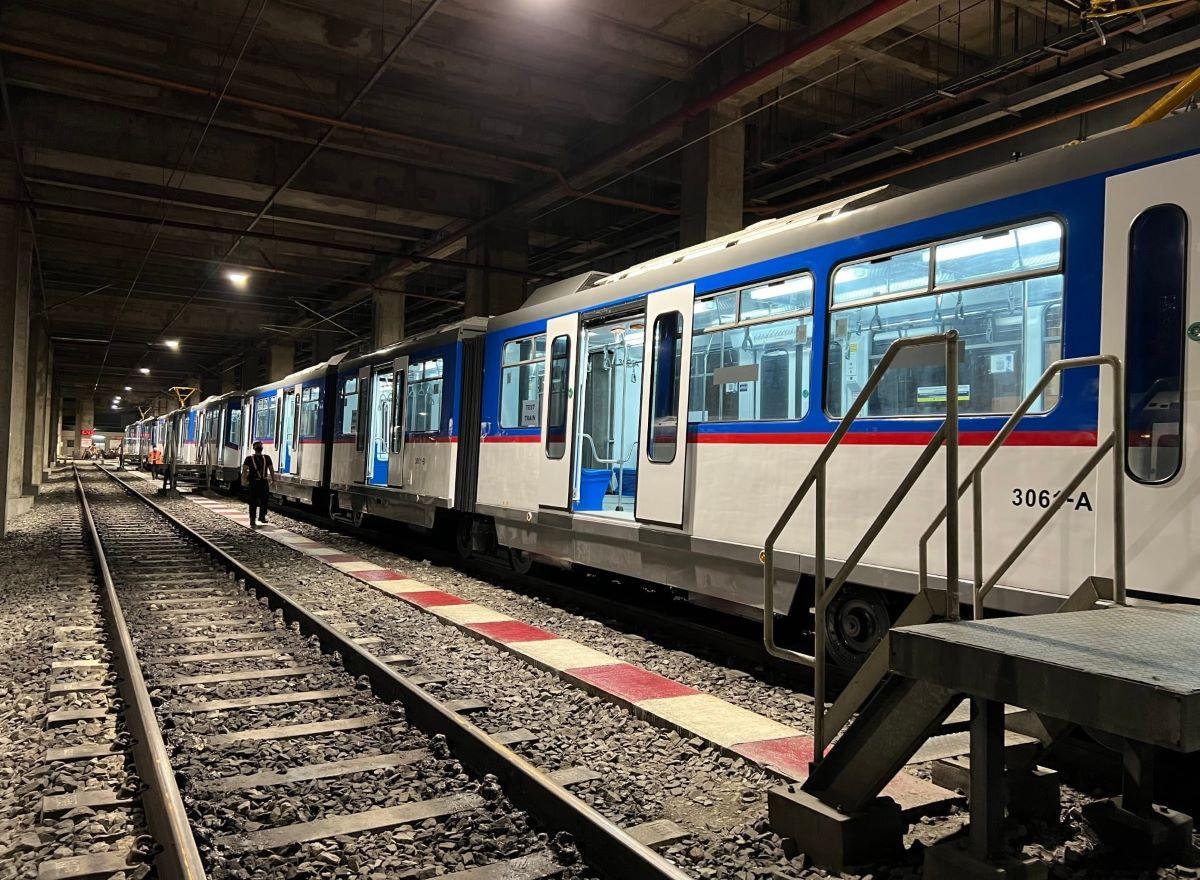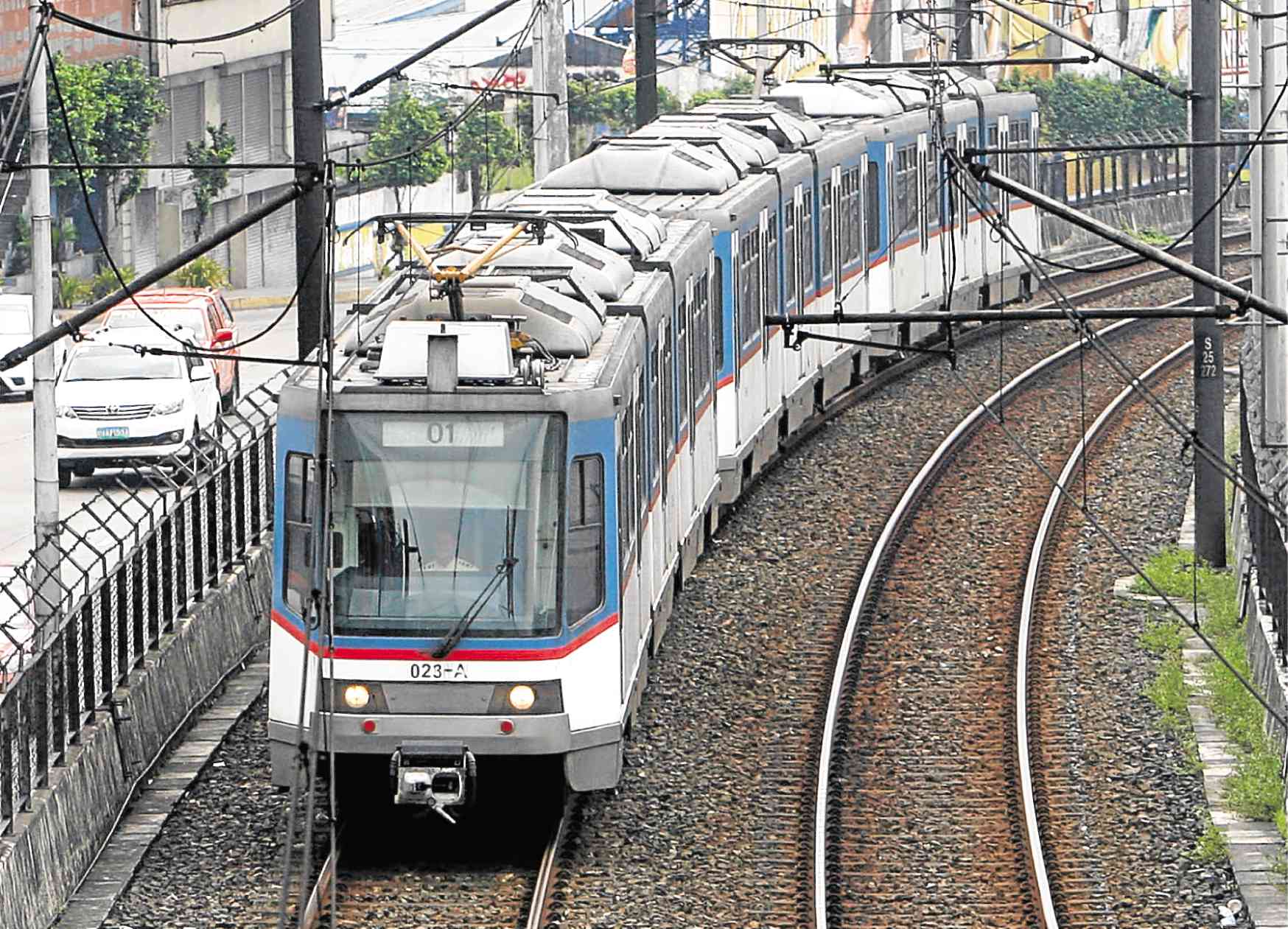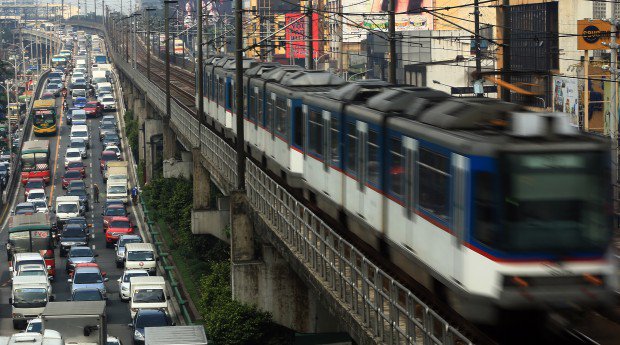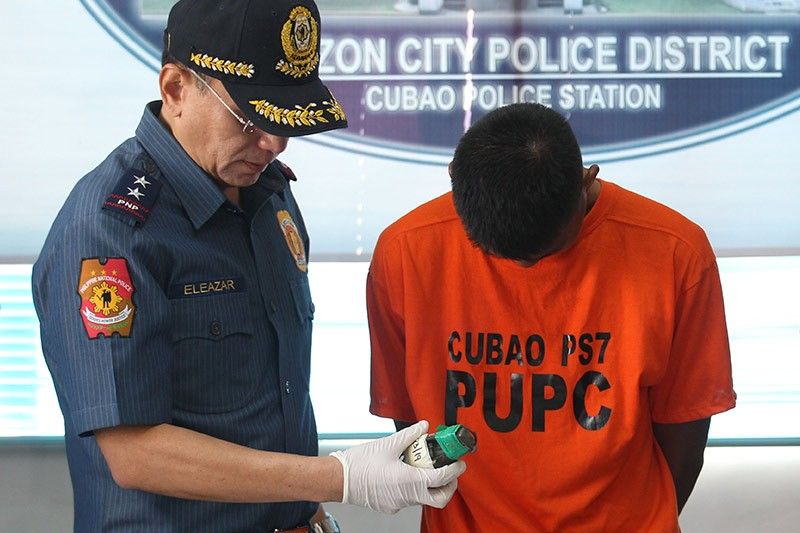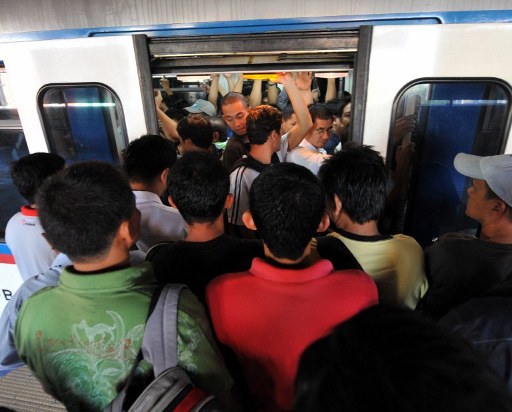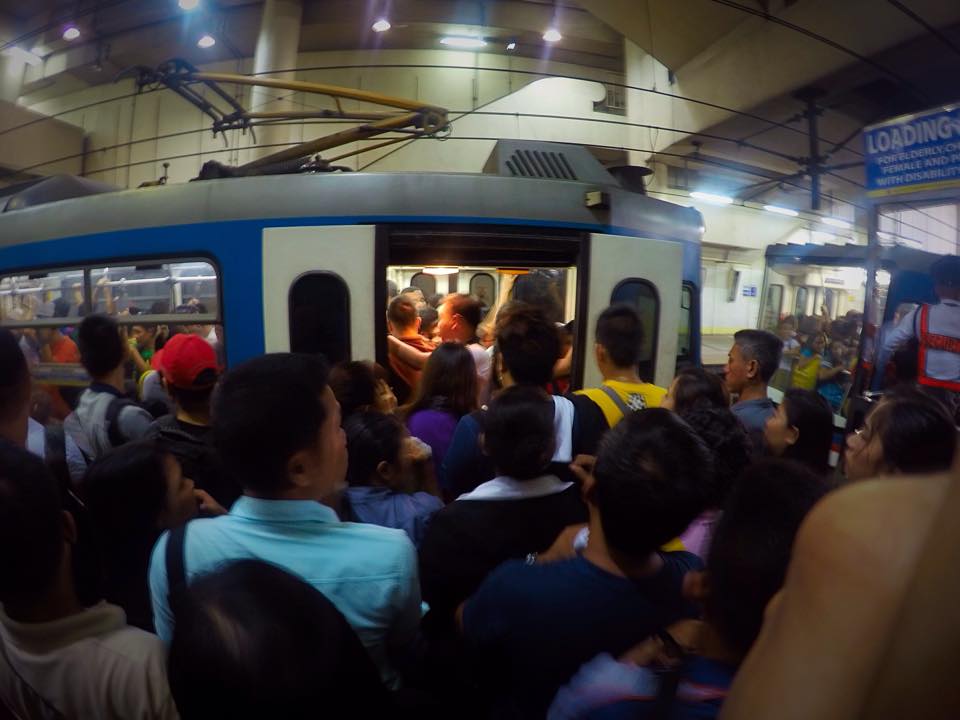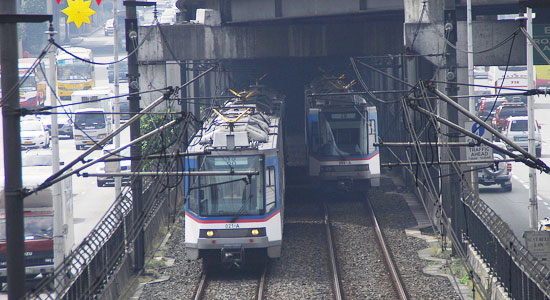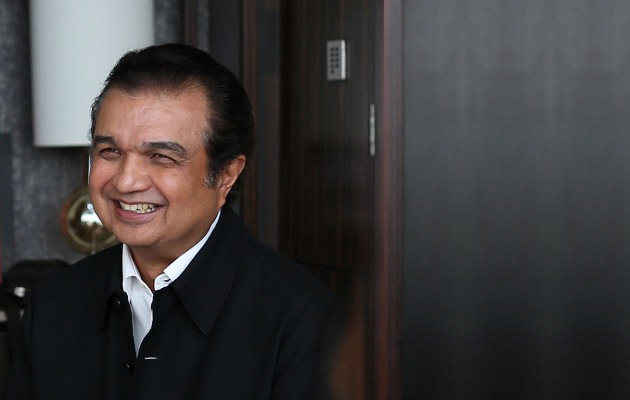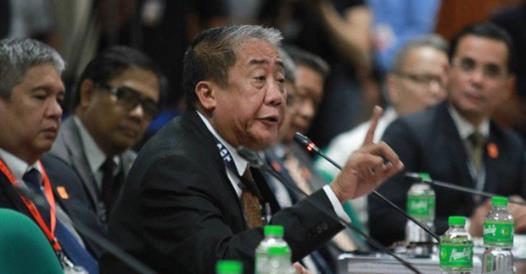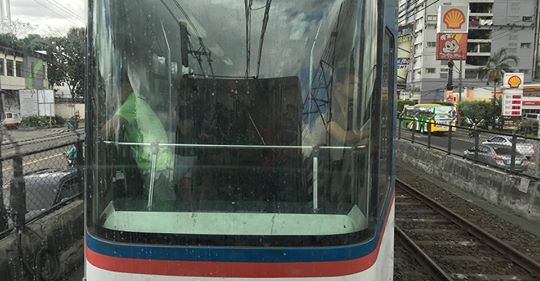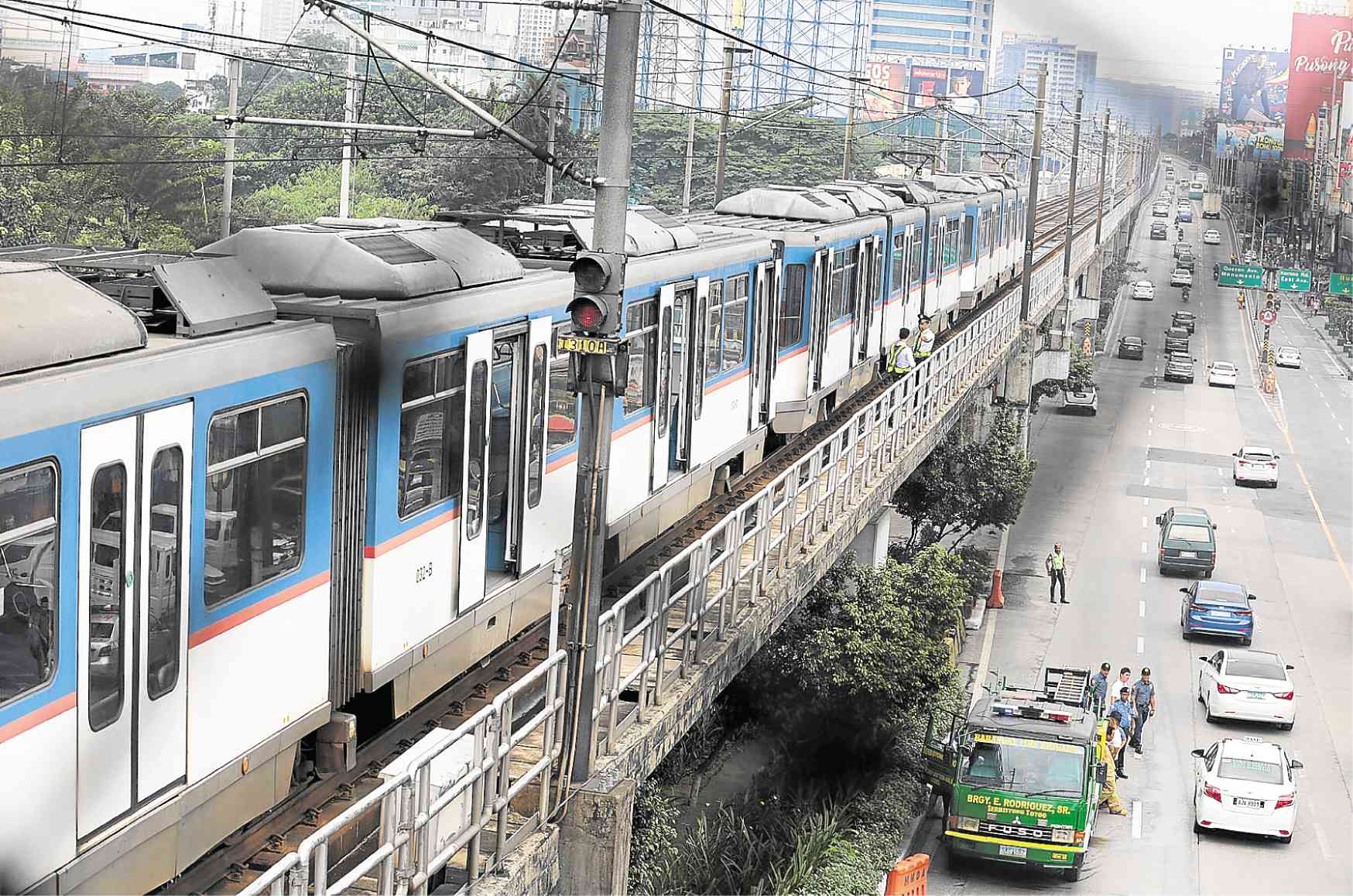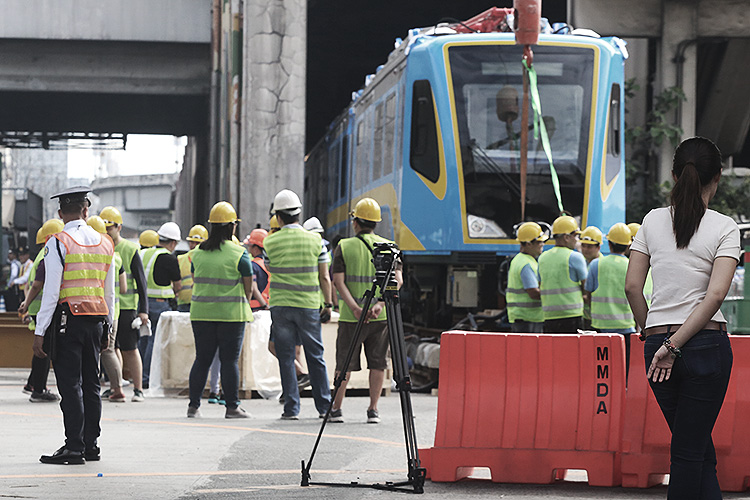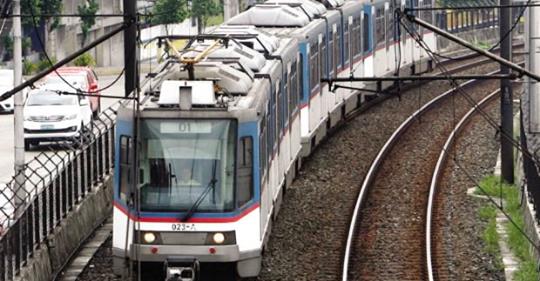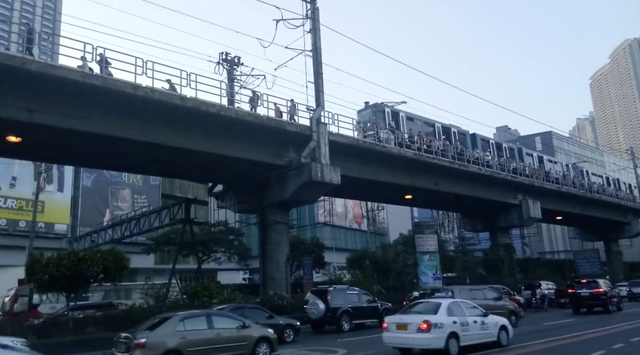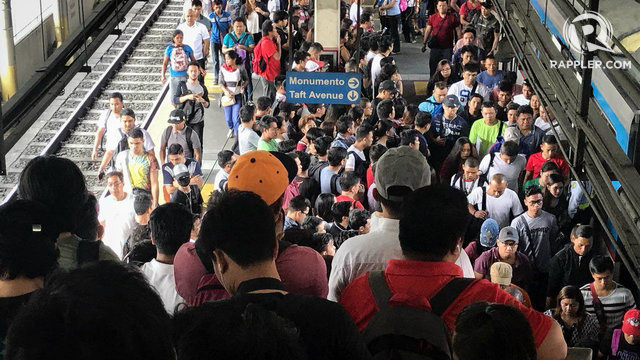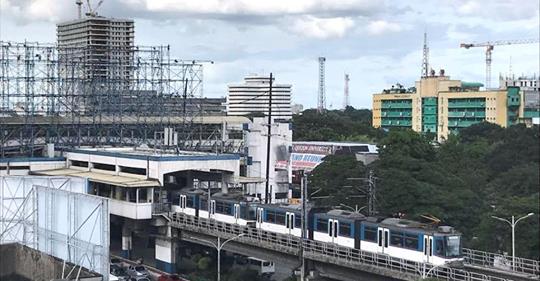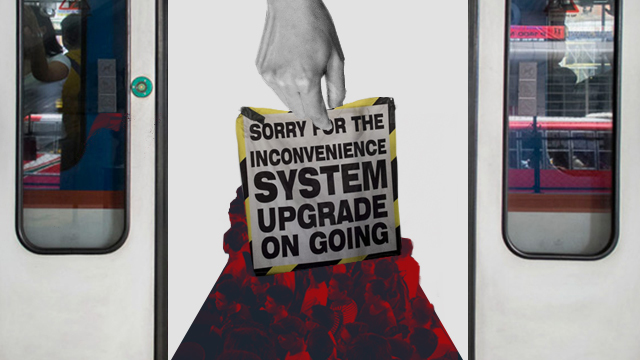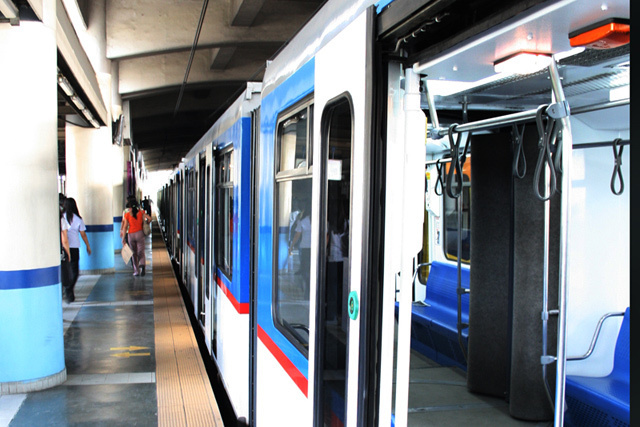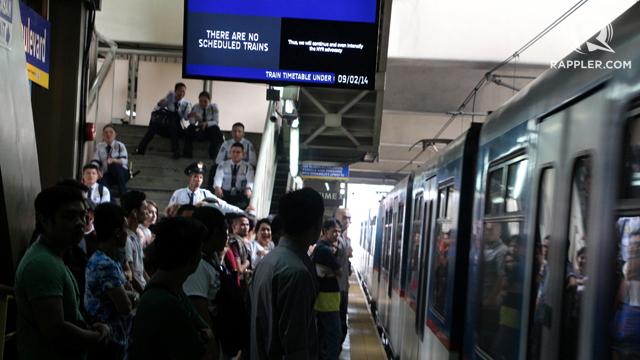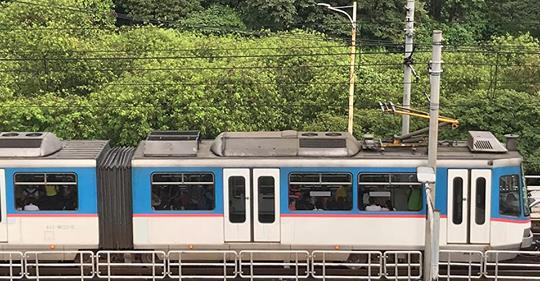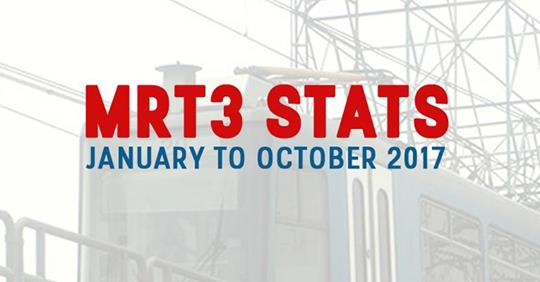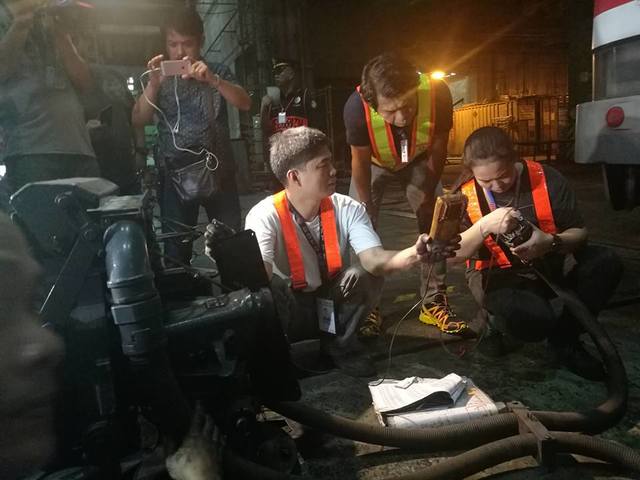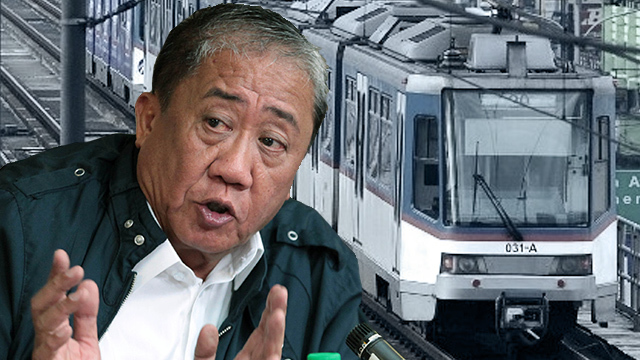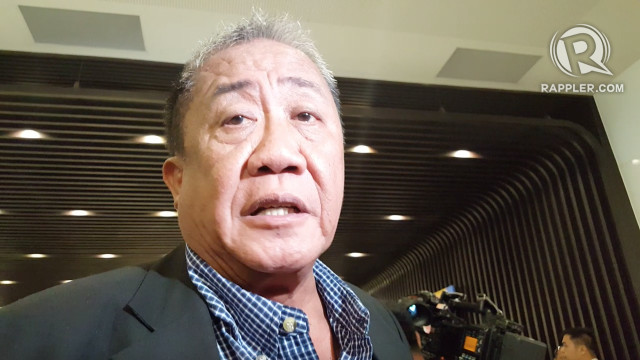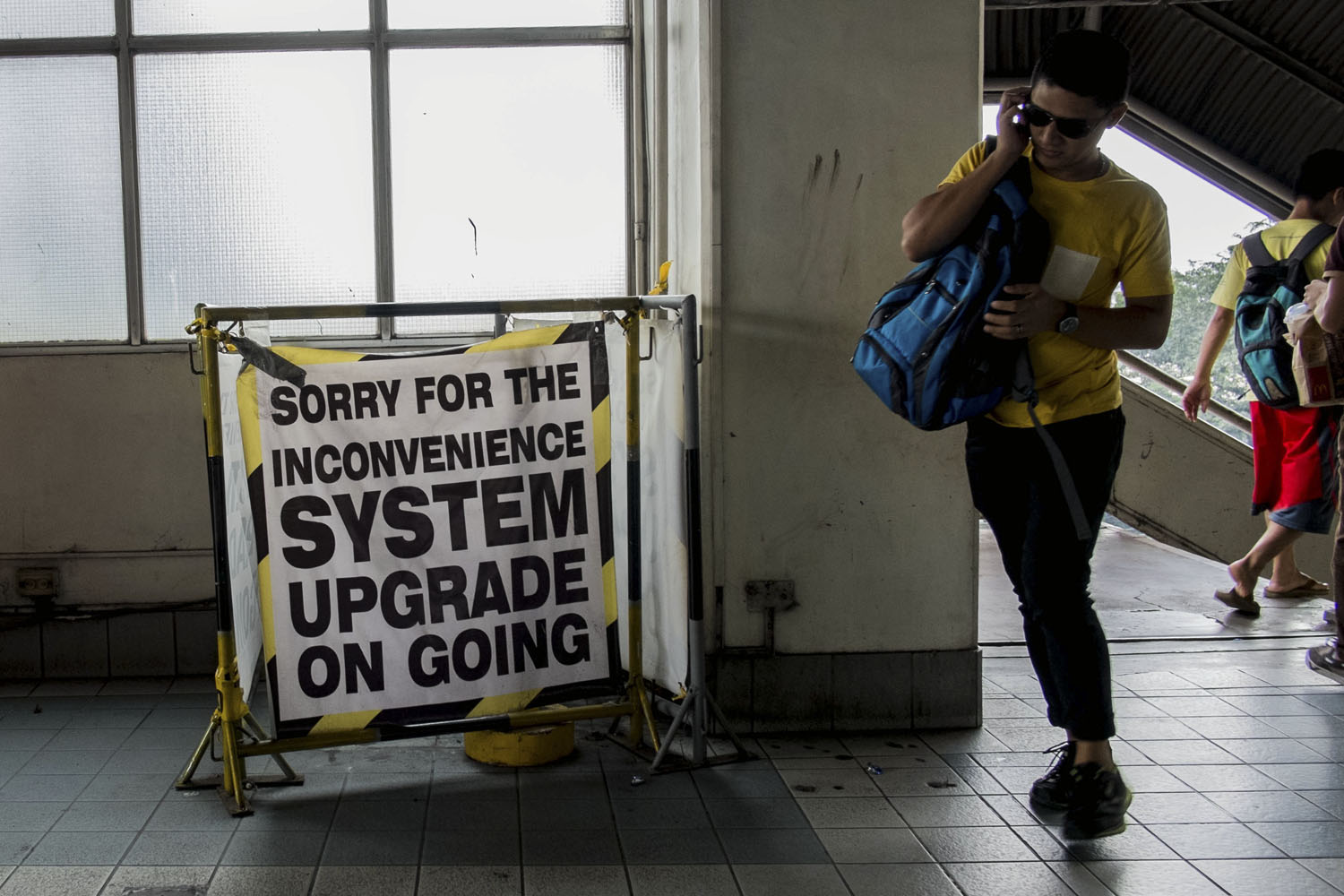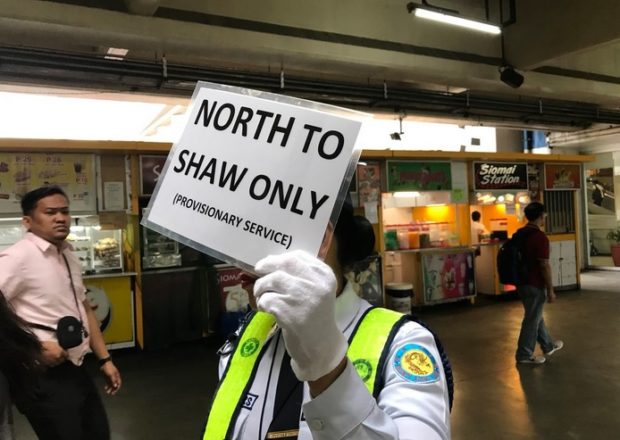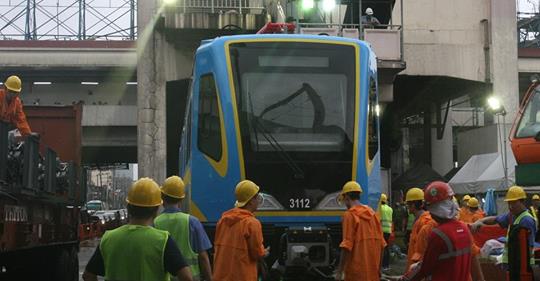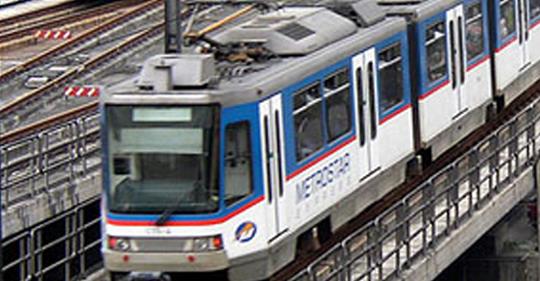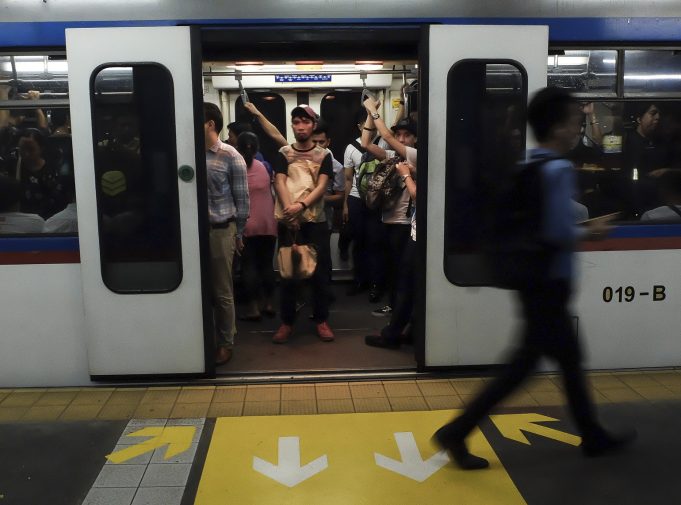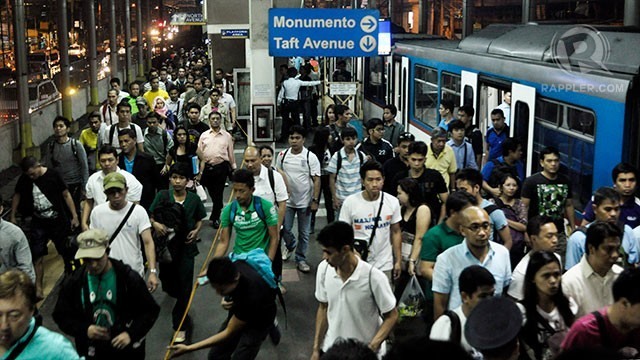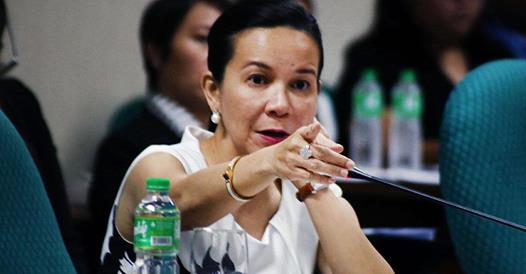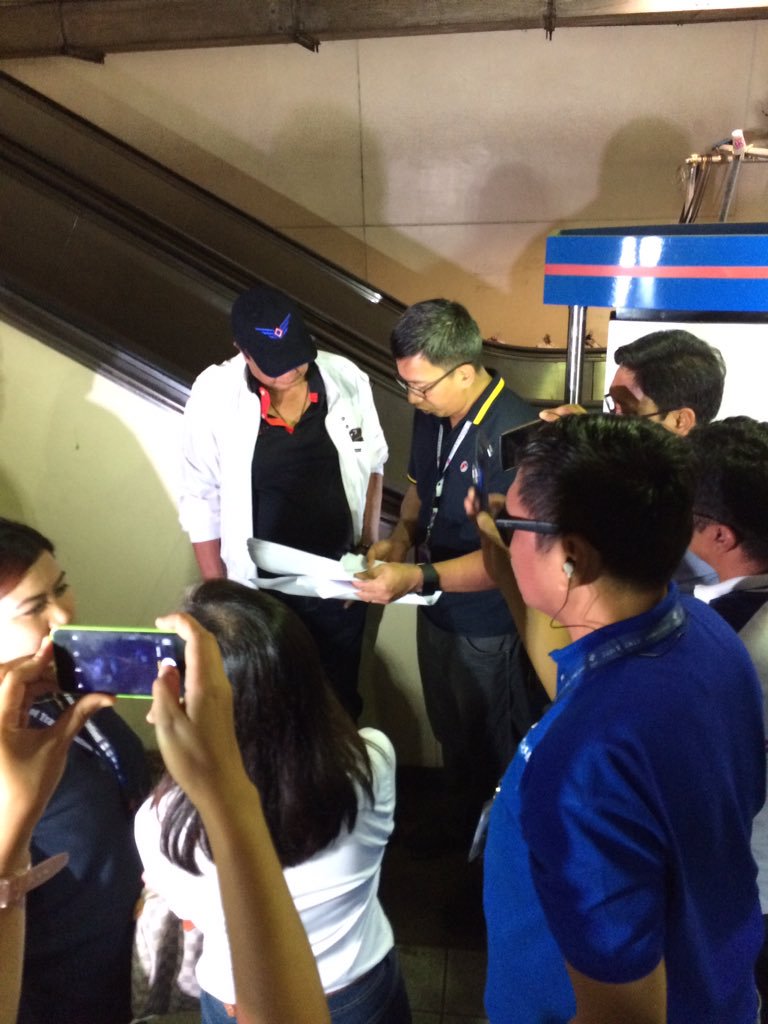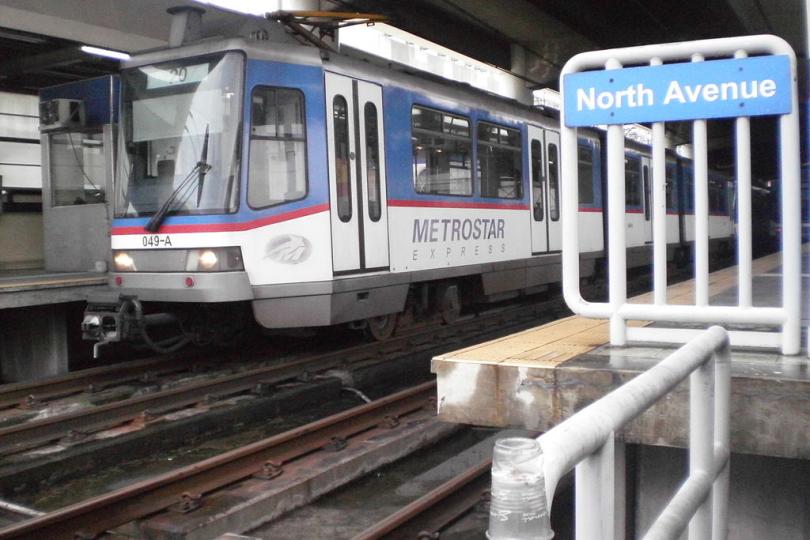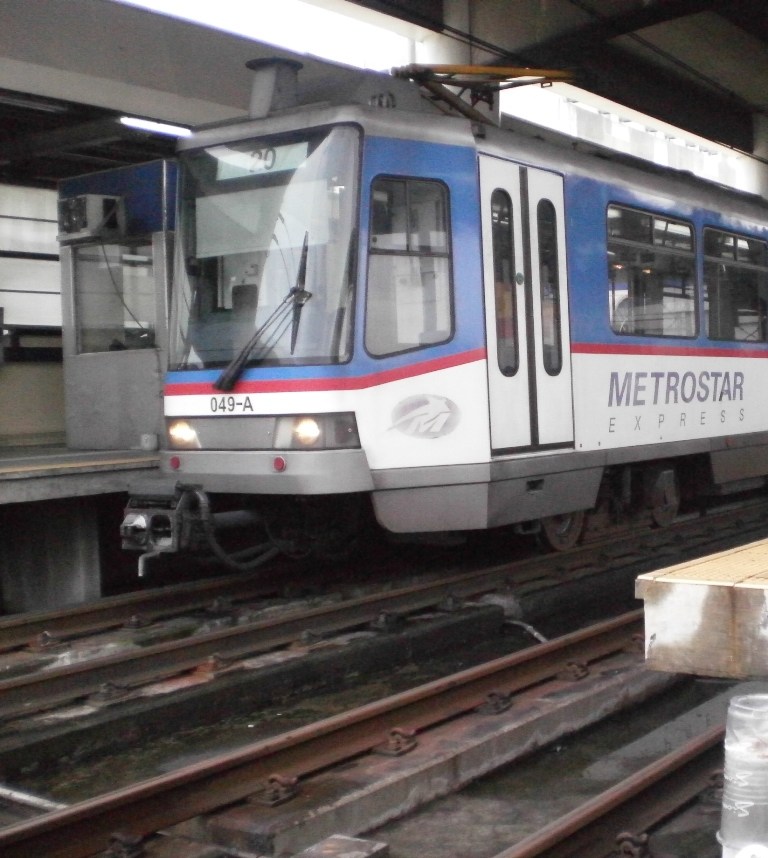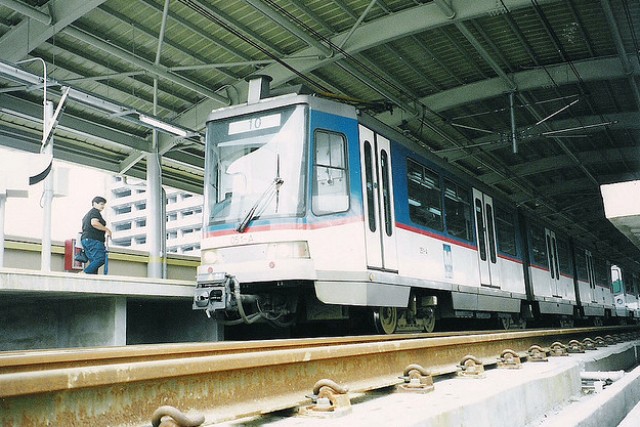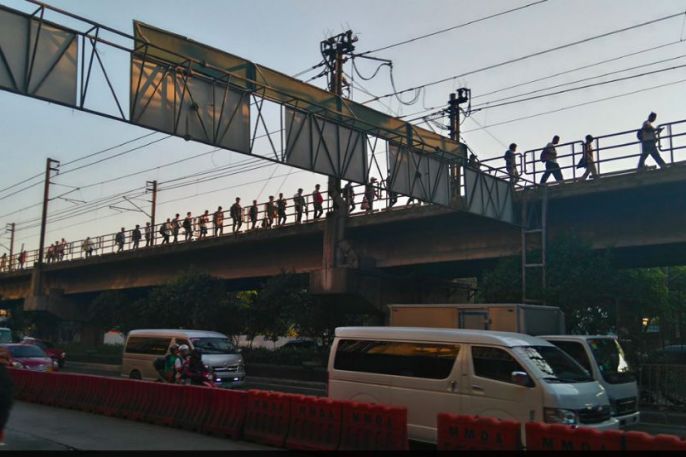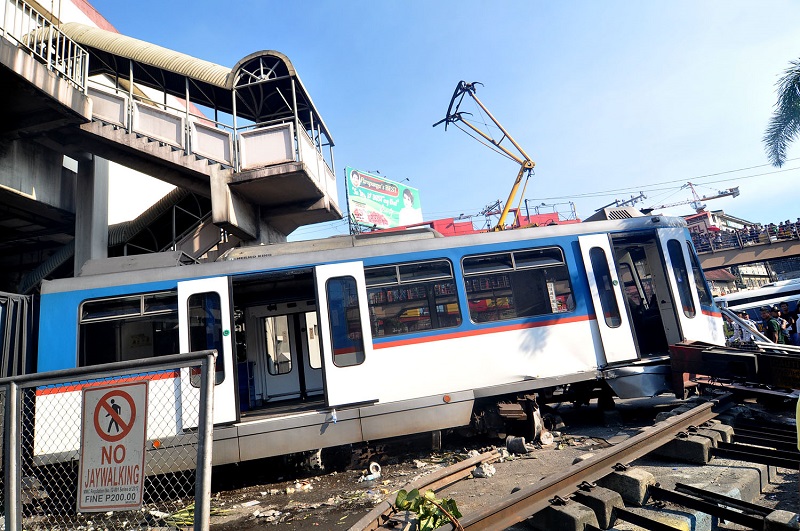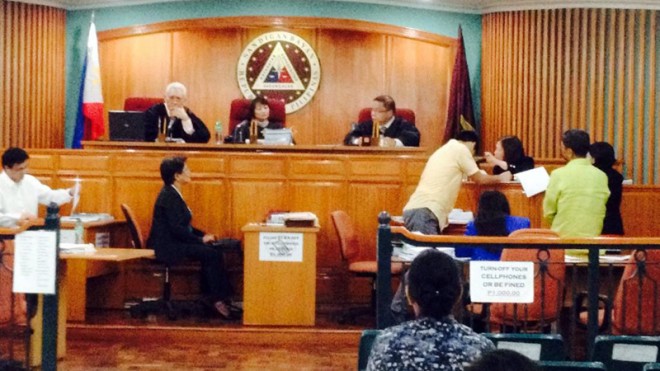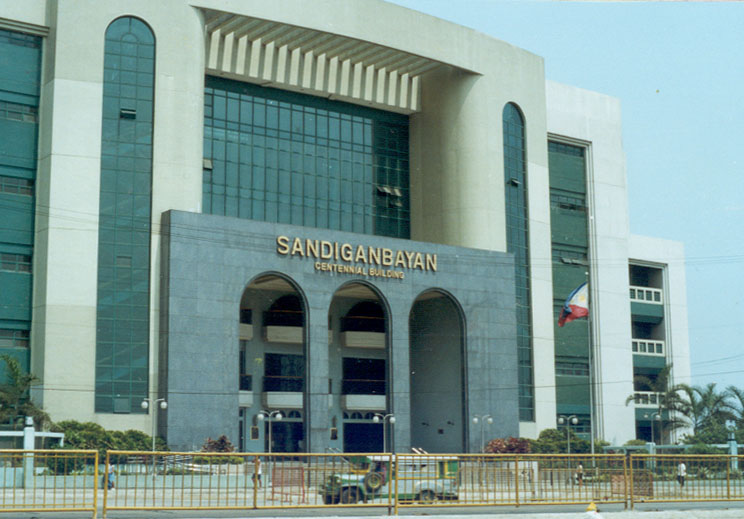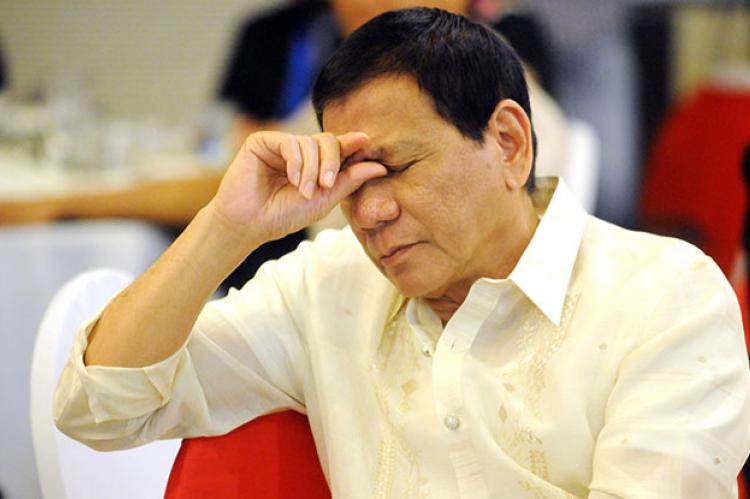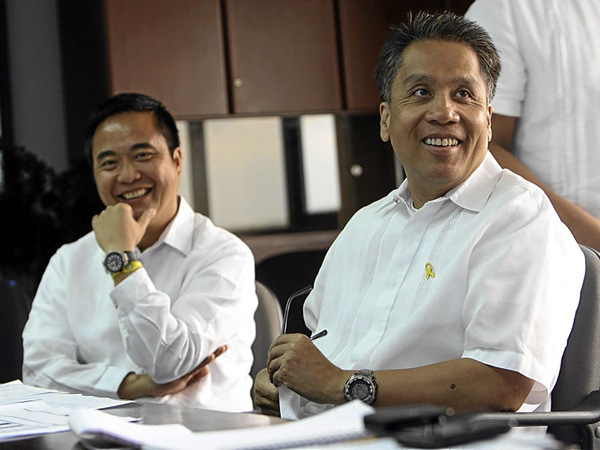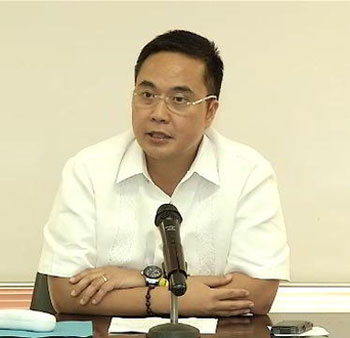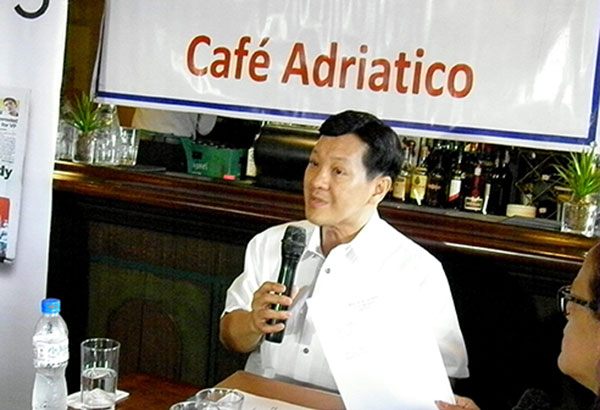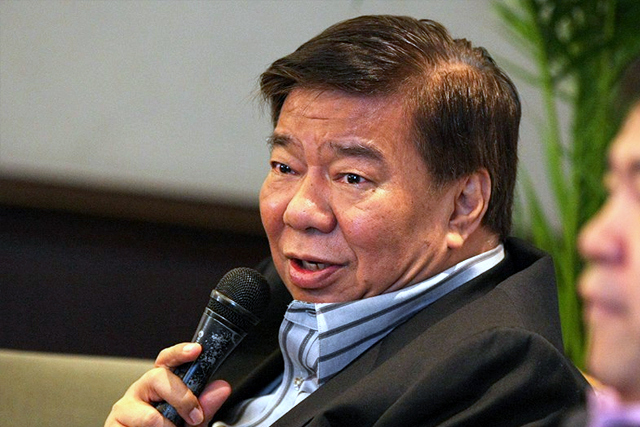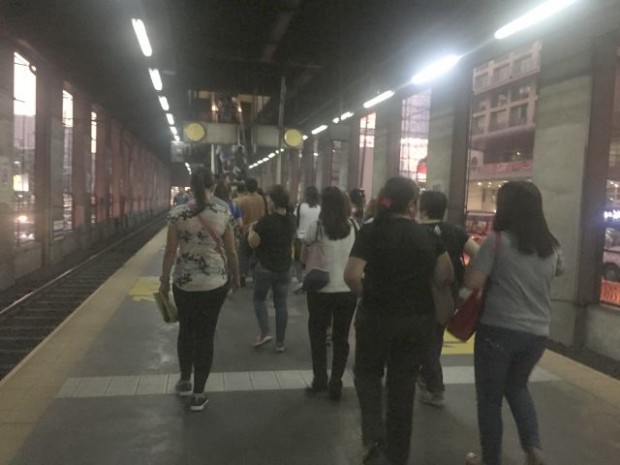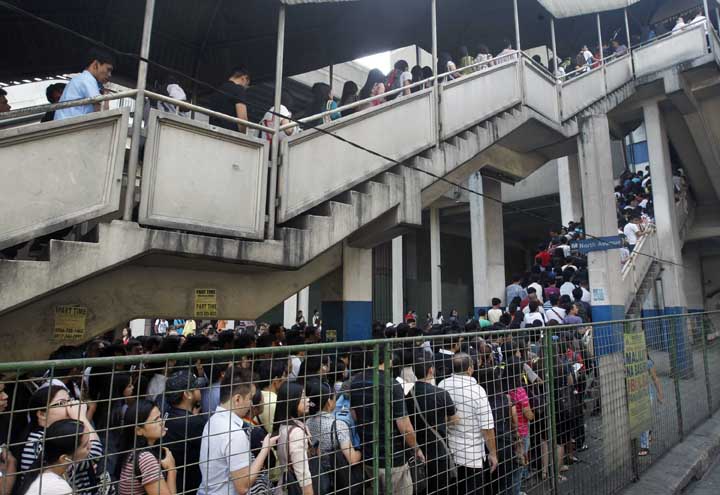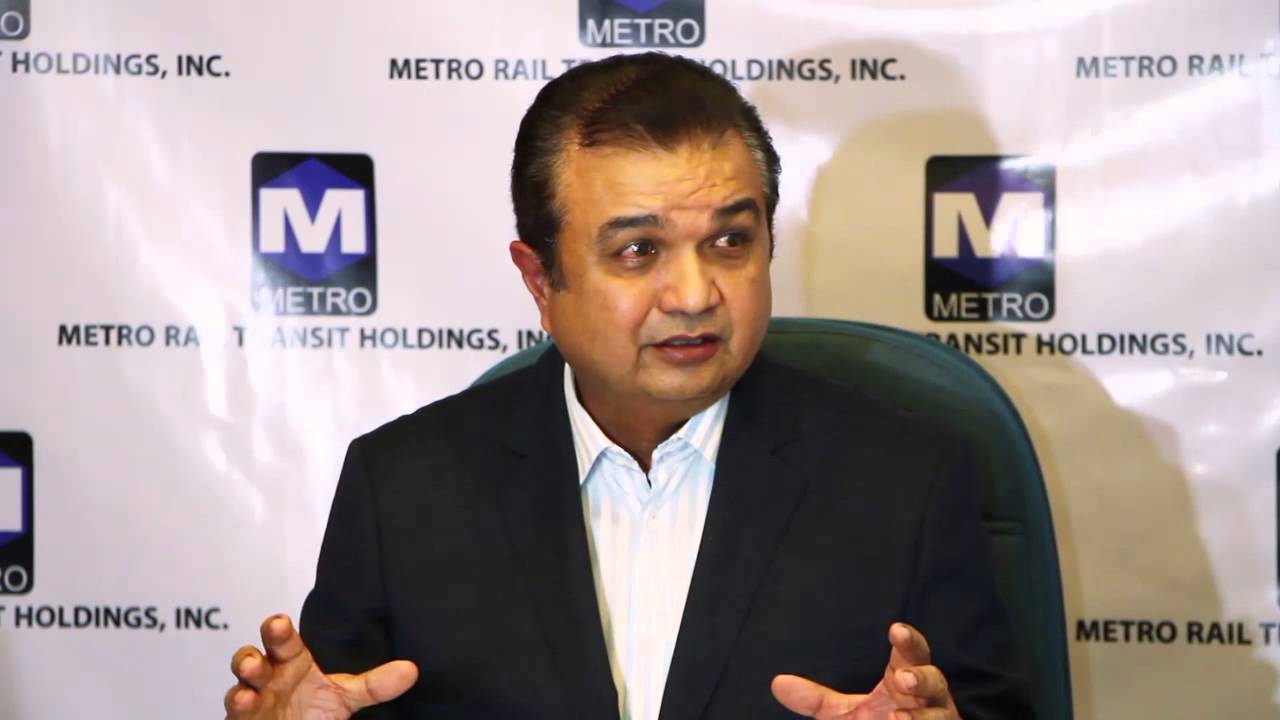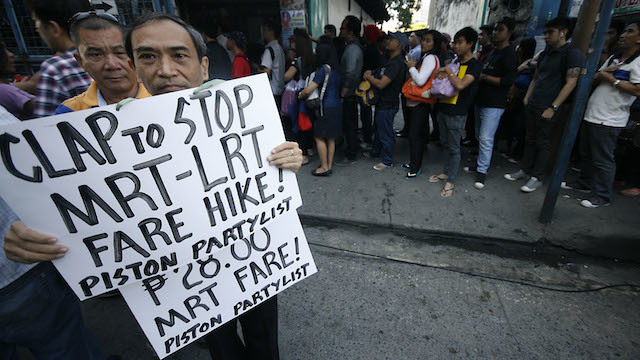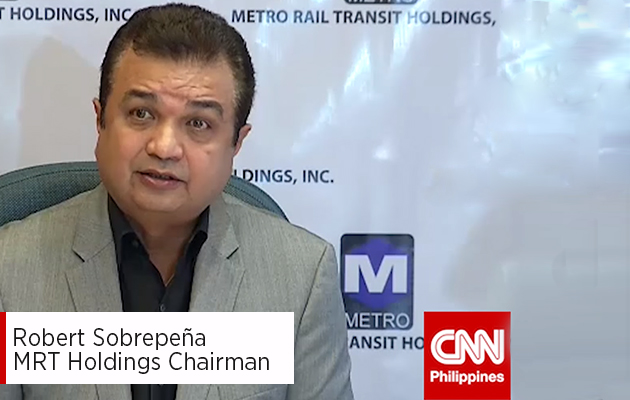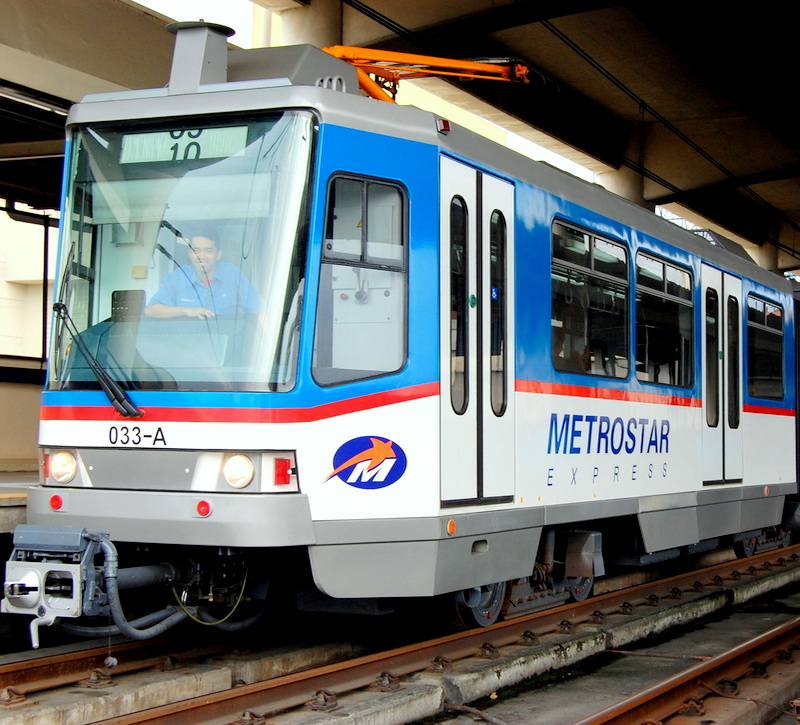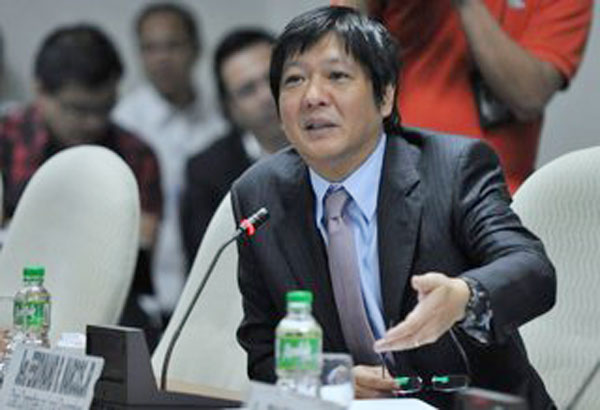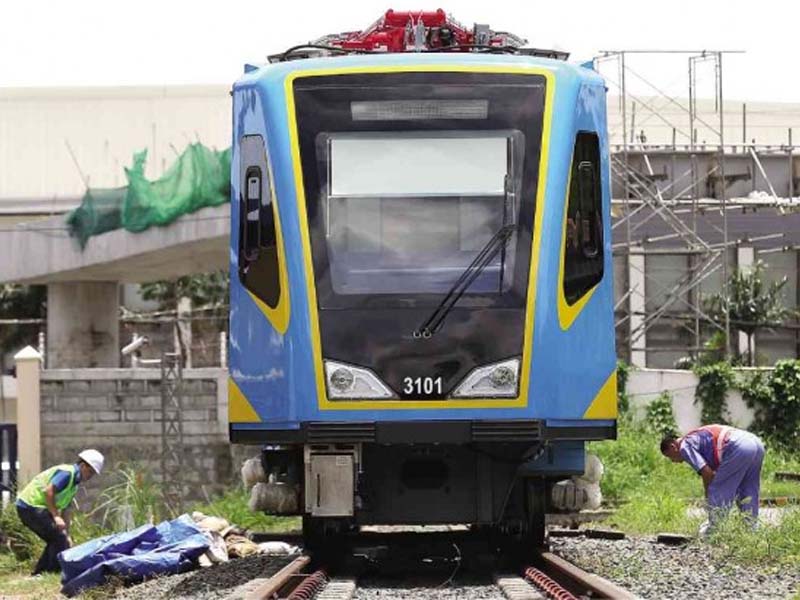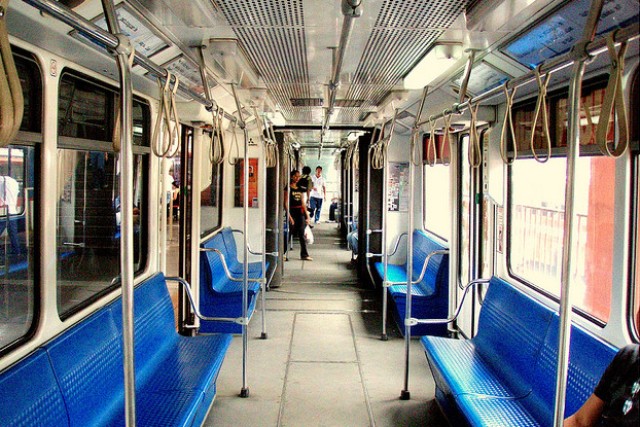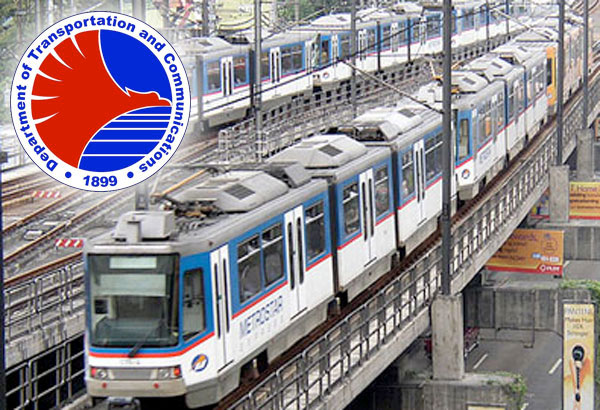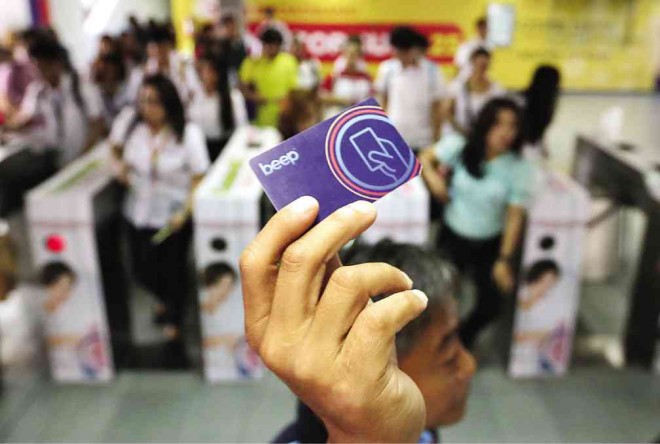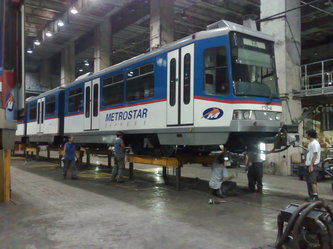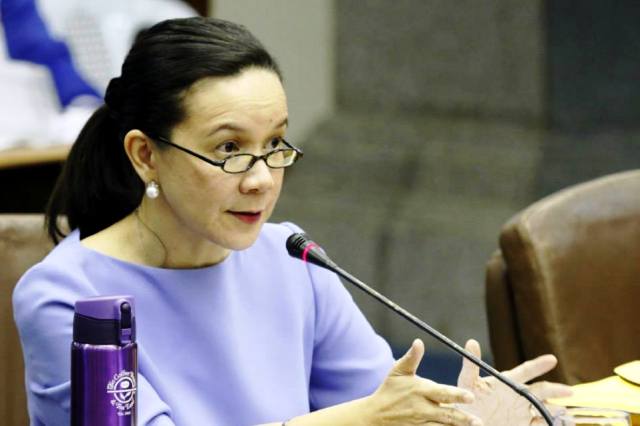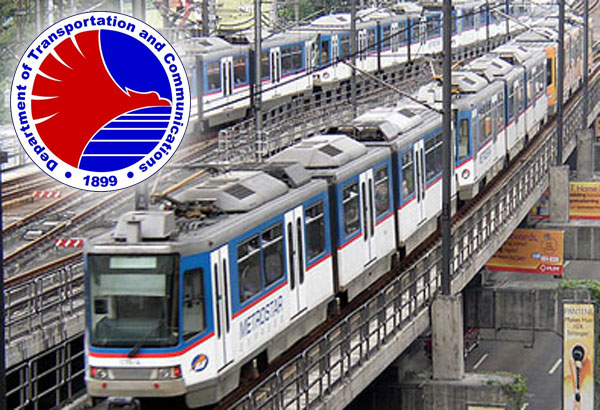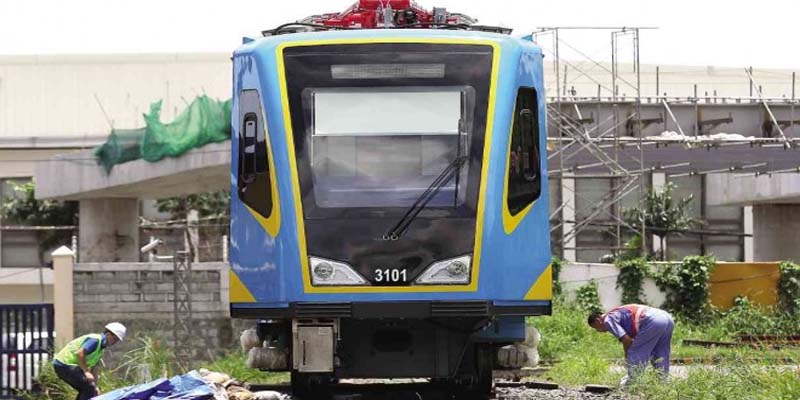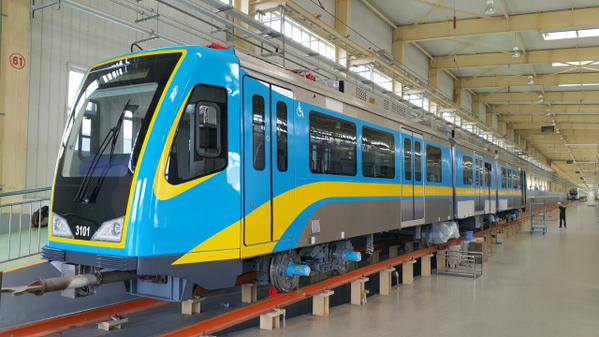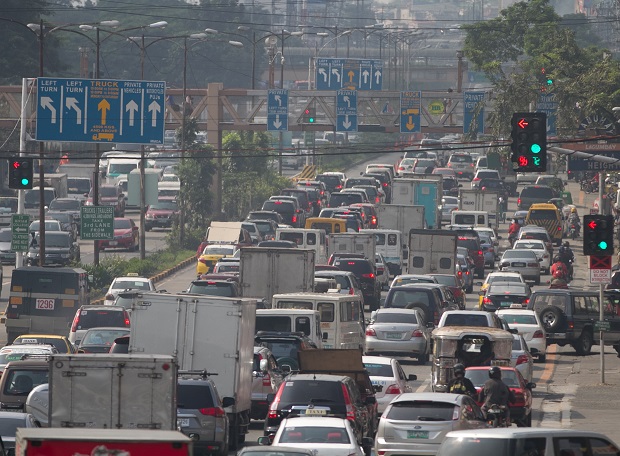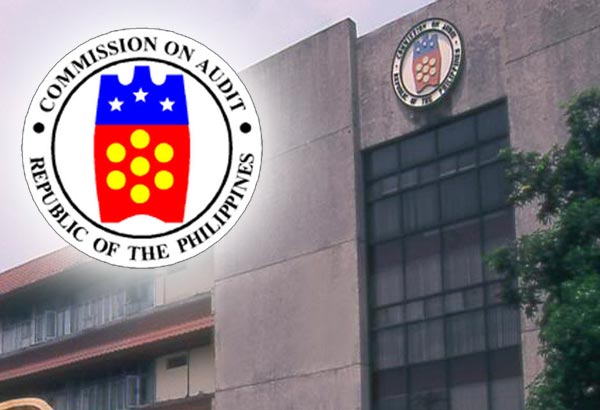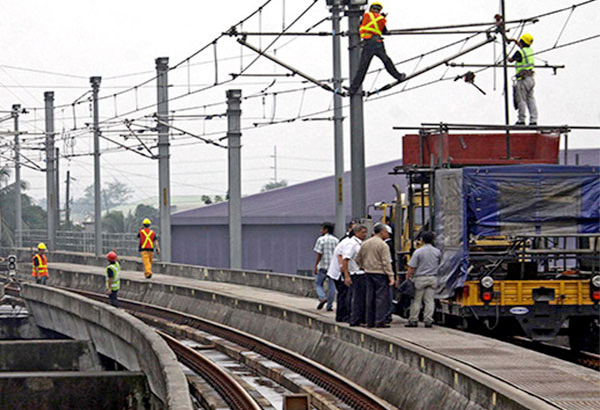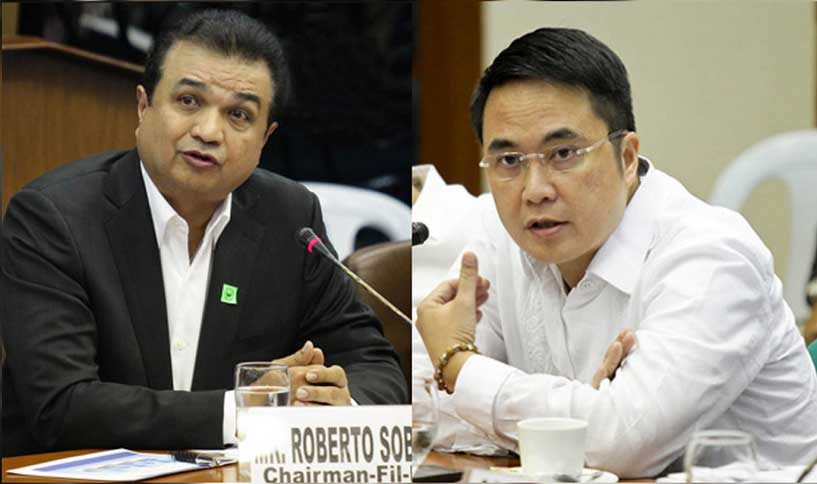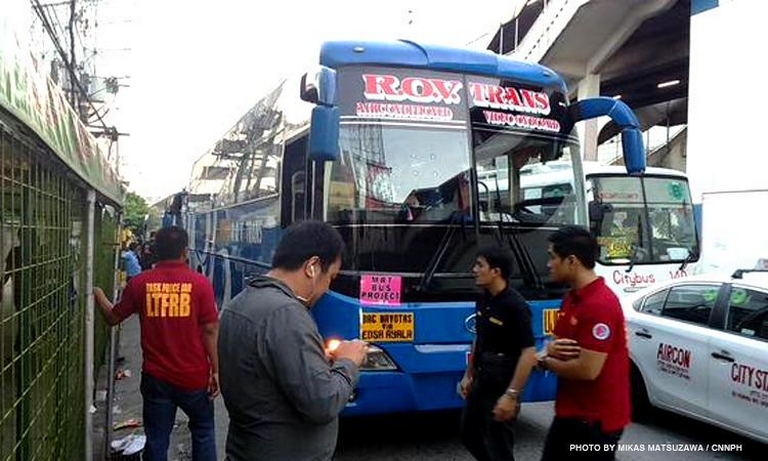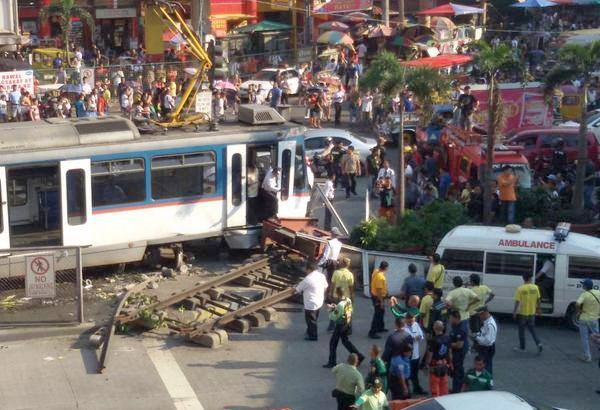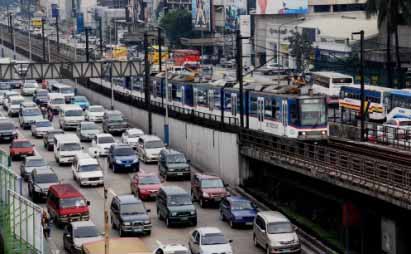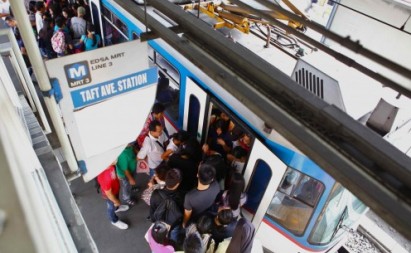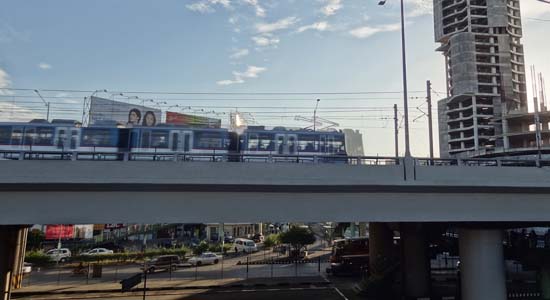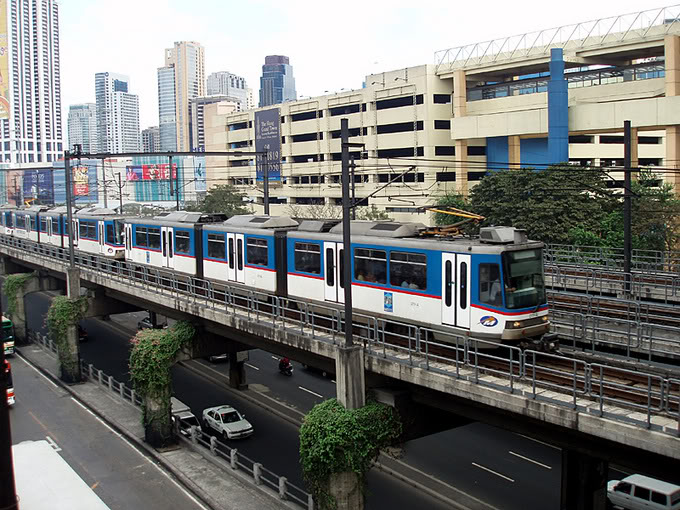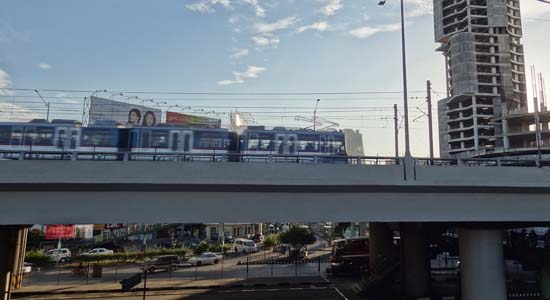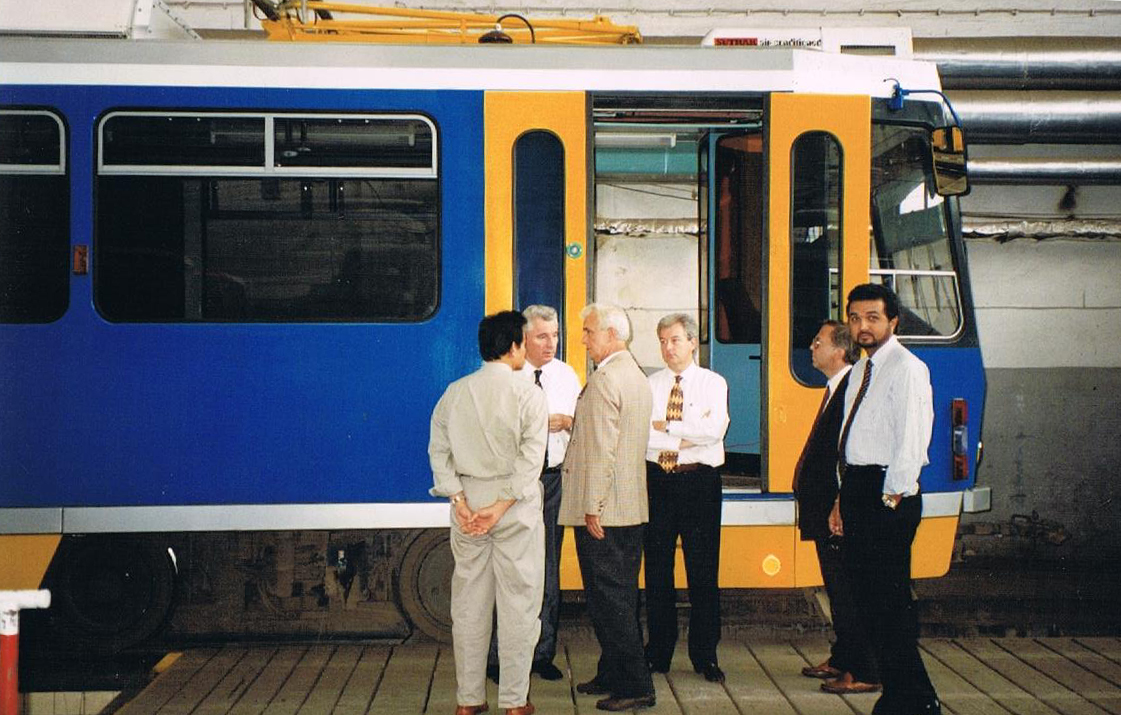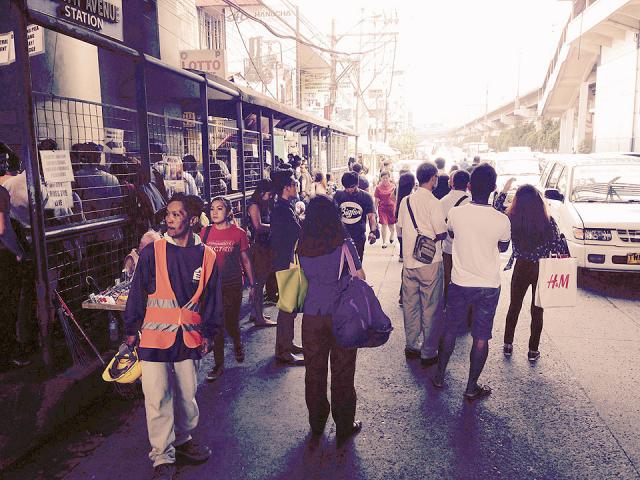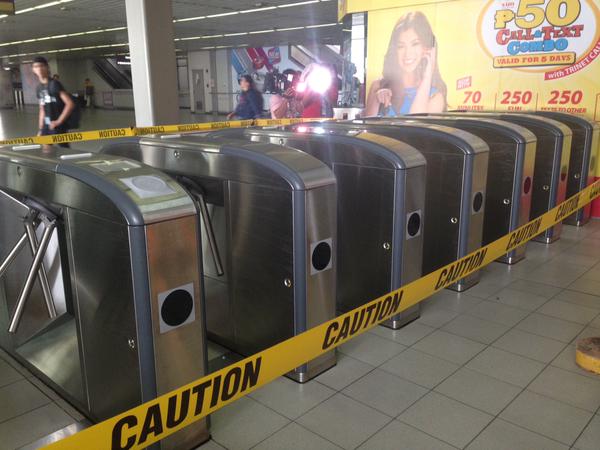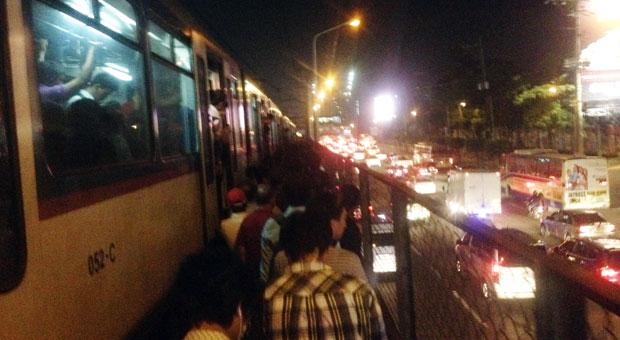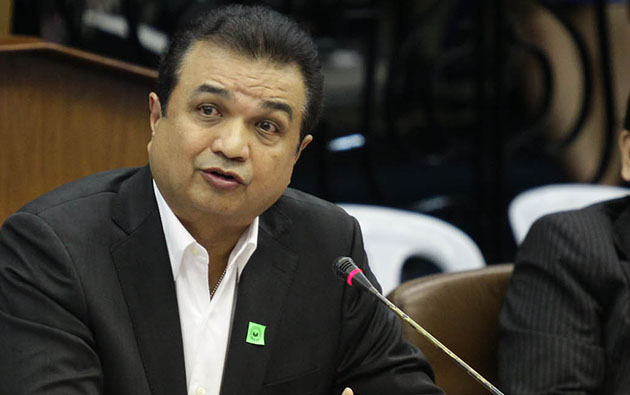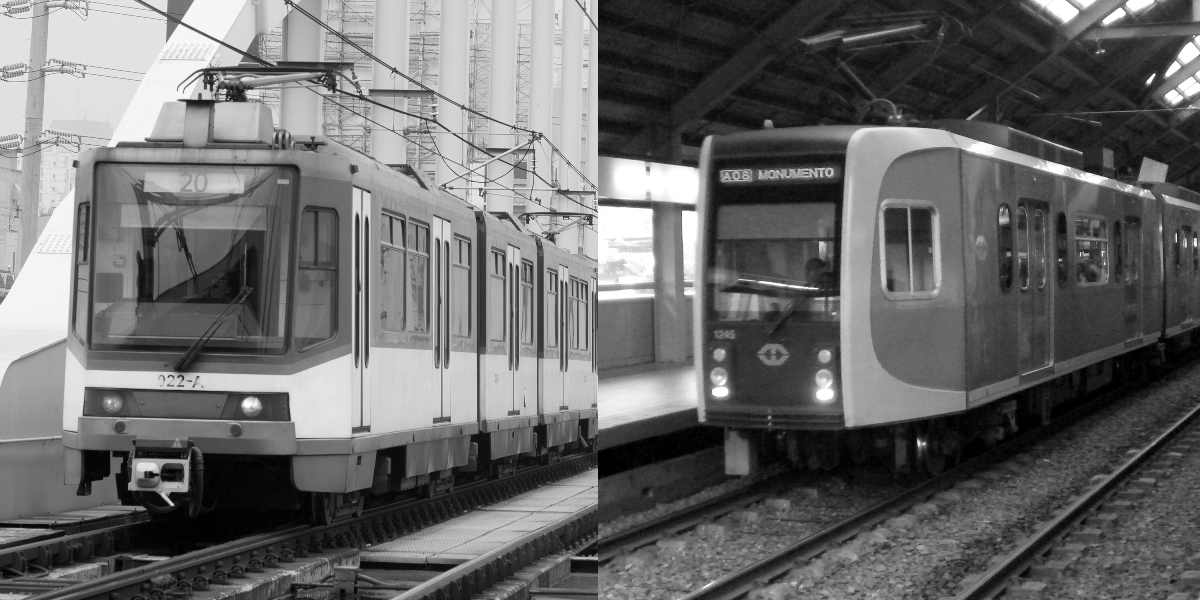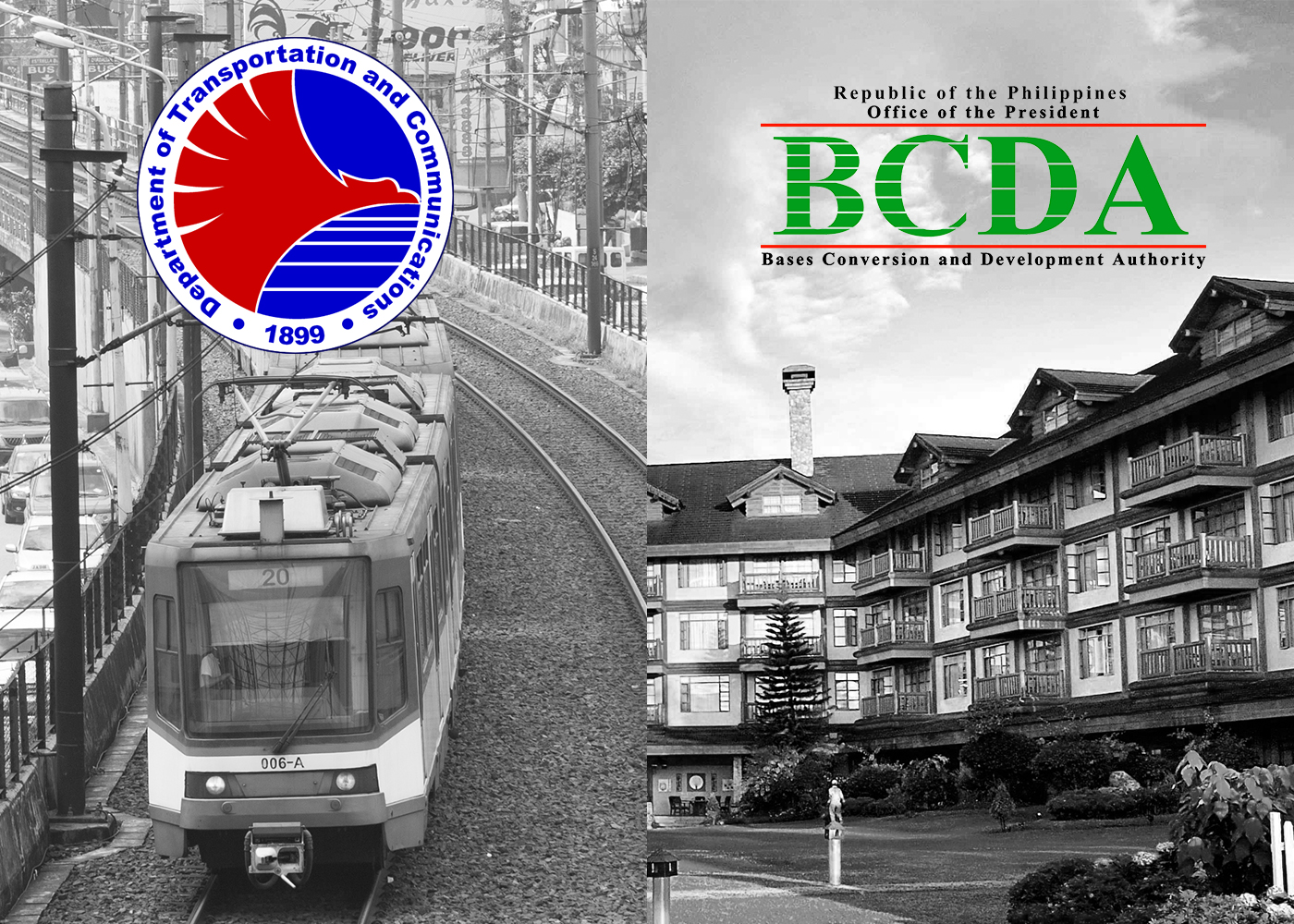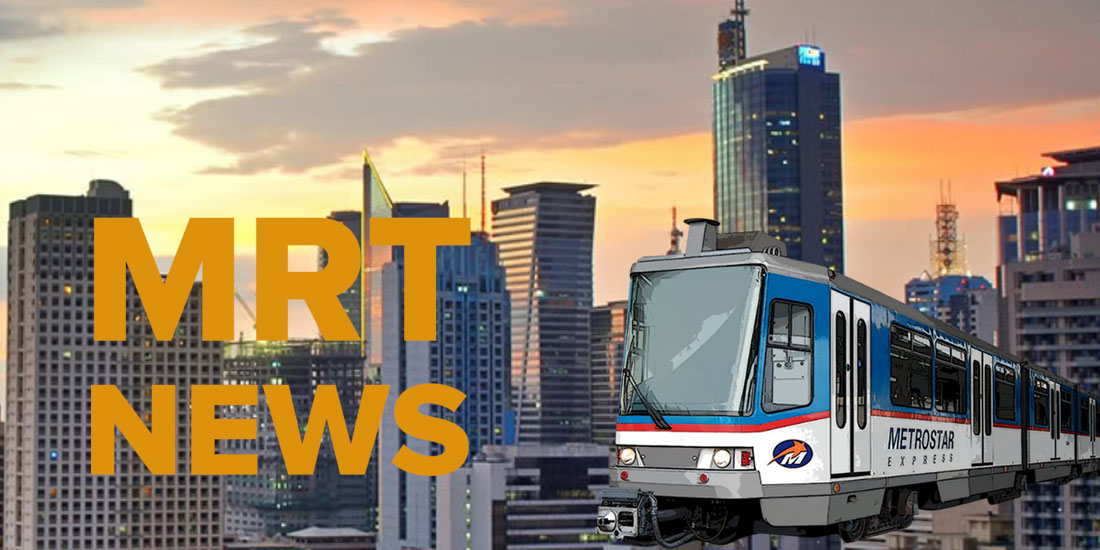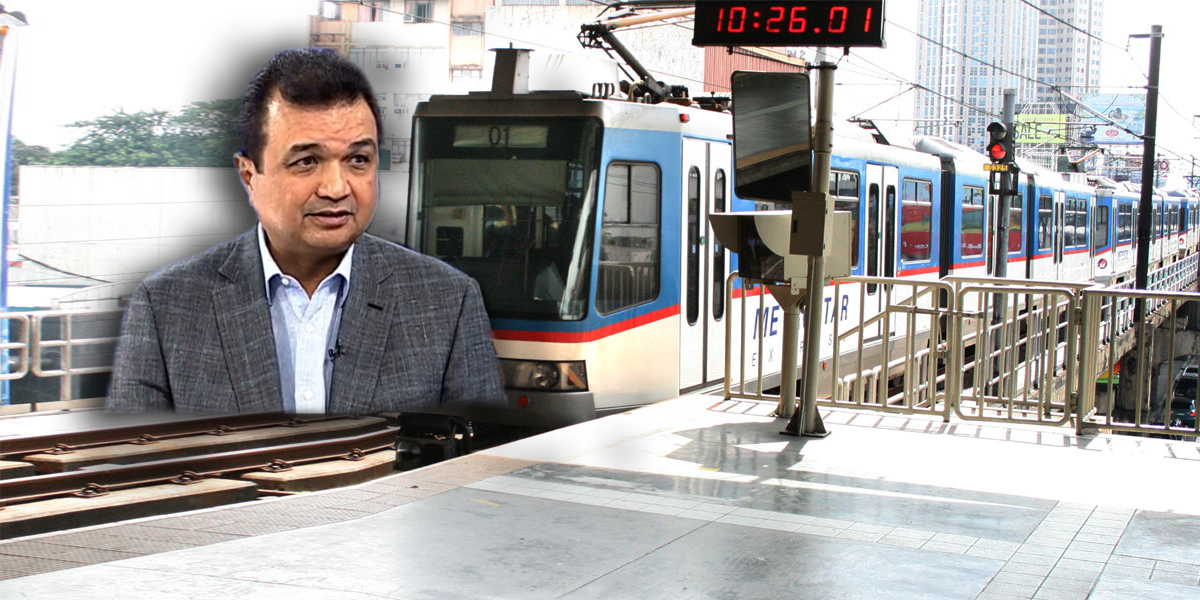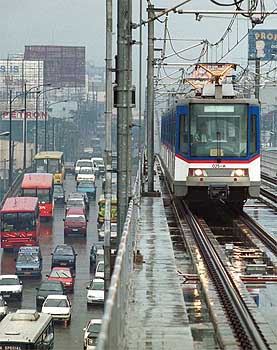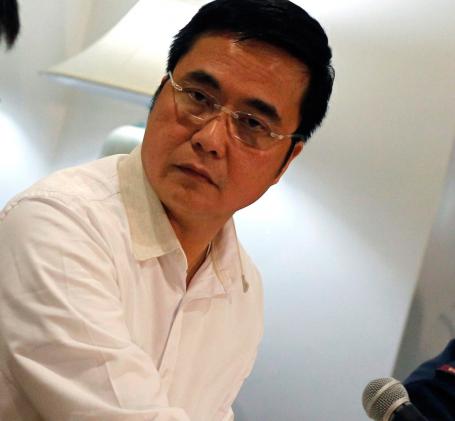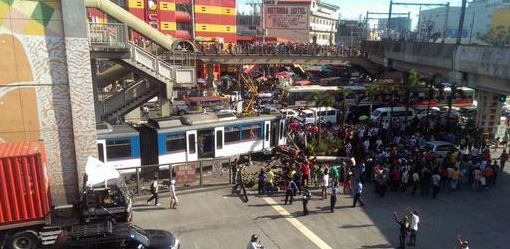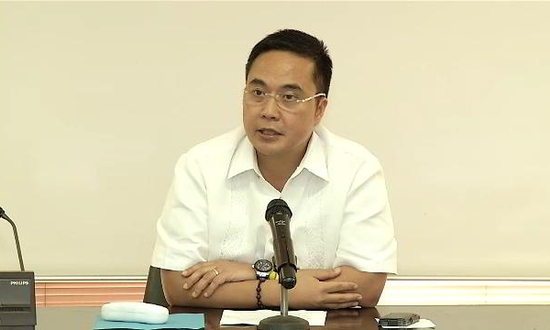By Business Mirror | November 2, 2015
FILIPINOS may have lost a “great offer” for the P4.2-billion rehabilitation of the Metro Rail Transit (MRT) Line 3 due to technicality.
The joint venture between Schunk Bahn- und Industrietechnik-Comm Builders & Technology Philippines (SBI-CB&T) has filed a motion for reconsideration to appeal the Department of Transportation and
Communications’s (DOTC) nonacceptance of its offer, citing certain loopholes in the agency’s notices to bidders.
The negotiating team, led by Transportation Undersecretary Rene K. Limcaoco, reportedly refused the group’s proposal to conduct a major rehabilitation and overhaul of the deteriorating trains of the train line along Edsa for submitting the offer “late.”
The Filipino-German group failed to submit its bid on or before 10 a.m. on October 28, hence, the proposal for the negotiated contract was not accepted. This technicality, however, was questioned by the group.
The joint venture’s authorized representative, Roehl B. Bacar, explained that there was no specific time set as a deadline by the DOTC team for the submission of compliance documents on October 28 at the prior negotiation meeting on October 21.
“It should be noted that in the course of the proceedings of the said opening of the eligibility and technical documents on October 21, the negotiating team, as well as the offerors, have not fixed nor discussed the time for the submission of the compliance documents on October 28, 2015,” he said in a letter addressed to Limcaoco.
Hence, the negotiation bulletin “is not binding, considering that it is clearly a unilateral declaration and, therefore, could not be enforced against SBI-CB&T and/or the party or parties who had not given their
assent neither consented thereto, especially that the rights of SBI-CB&T was prejudiced by such fixing of time for the submission of compliance documents.”
“Moreover, the bulletin does not specifically state that, any submissions made beyond 10 a.m., shall not be accepted. Such being the case, SBI-CB&T’s compliance documents shall be allowed for proper consideration by the negotiating team,” Bacar said.
He added that video recordings of the proceedings conducted during the opening of the eligibility and technical documents on October 21 would confirm “the fact that the parties have not mentioned neither had they fixed the time during which they will submit the compliance documents.”
Officials from the transportation department were sought for comment, but none were available as of press time.
Deprived of a ‘great offer’
IN rejecting the Filipino-German group’s offer, the government will be deprived of a great offer—at least in Bacar’s perspective.
He pointed out that his group will provide the government access to vital original equipment and parts right from the Czech Republic firm that originally built the MRT trains, CKD Tatra, which is now SKD Trade A.S.
Comm Builders & Technology Philippines, which Bacar heads as president and chief executive, forged a cooperation deal with SK Trade A.S. last month.
Bacar said as the incumbent short-term maintenance contractor of the MRT, SBI-C&T was “intimately knowledgeable” of the necessary repair and rehabilitation works required by the MRT, particularly on 43 of the train line’s 73 trains, and signaling systems, as well as other systems, to make it run smoothly, efficiently and comfortably to the benefit of the more than 600,000 passengers that take the train line daily.
“I can confidently say that with our experience and commitment, as well as the breakthrough cooperation deal we struck with CKD Tatra that is now SKD Trade A.S., we are the group that is best positioned to do the best rehabilitation and overhaul job on the MRT,” he said.
Only one of the three bidders was declared qualified to bid for the three-year maintenance contract. The Korean-led Busan Transport Corp.-Edison Construction & Development Corp.-Tramat Mercantile-TMI Corp.-Castan Corp. joint venture will likely bag the deal by year-end.
The transport department resorted to the negotiated scheme after two failed auctions last year.
To recall, the agency launched the bidding for the contract in early September last year, but no private company wanted to take the risk of maintaining a system so degraded it has been tagged by railway experts as a “danger” to the riding public.
In the hopes that companies would be enticed to vie for the much-needed project, the department decided to sweeten the terms of the deal. But, despite the relaxing of rules and the improvement in cost, railway upkeep-services companies still decided to evade a “potential risk.”
The risk, industry observers said, is obvious: the train system itself is already dilapidated. Hence, “maintaining” it, in the literal sense, would mean risking the lives of daily commuters coming from the northern and southern corridors of Metro Manila.
Currently, several different companies are maintaining the line, each focusing on a specific discipline.
The subcontractors were engaged directly under a multidisciplinary approach to increase the efficiency of work per component until the long-term maintenance provider is procured.
Under the multidiscipline approach, the management of the MRT 3 has been able to increase the number of operating coaches during peak hours to 45 as of the beginning of August.
But once the new maintenance provider comes in, it will start managing all of the maintenance components of the MRT.
The agency aims to award the contract before end-2015.
Today the rail line’s average daily ridership is already over 560,000 and its highest single-day passenger count is 620,000.
The government aims to augment the capacity of the railway system by adding new train cars. The prototype for the new coaches arrived last month, but delivery of the actual cars is scheduled for next year.
Once the 48 new train cars come in, MRT 3’s trips per hour will increase from 20 to 24, which will translate to a 60-percent rise in the number of passengers per hour per direction.
This means that there will be 37,824 passengers who can avail themselves of the rail service every hour heading toward one direction. Currently, only about 23,640 people ride an MRT service per way every hour. But that still depends on the number of trains running that day.
Aside from adding new coaches to the current MRT fleet, the government is also rolling out P9.7 billion worth of projects to improve the train line. The state also wants to buy out the corporate owner of the line.
But several private groups are proposing a different scheme to modernize the train system, which has been under fire for years now for its mediocre services.
The group of businessman Robert John L. Sobrepeña is proposing to do a “quick fix” solution to make the train system safe for public transport.
Together with foreign firms Sumitomo Corp. of Japan and Globalvia Infrastructuras of Spain, Metro Global Holdings Inc. is proposing to “fix” the ailing system through a $150-million investment that involves the procurement of a total of 96 new train cars, and the rehabilitation of the existing 73 coaches, increasing its capacity by fourfold to 1.2 million daily passengers.
Under the proposal, a single point of responsibility will be implemented: meaning the rehabilitation and the maintenance of the line will be handled by a single company.
Separately, Metro Pacific Investments Corp. is proposing to shoulder the upgrade costs of the train system and release the government from the bondage of paying billions of pesos in equity rental payments.
The group of businessman Manuel V. Pangilinan, which earlier entered into a partnership agreement with the corporate owner of the MRT, intends to spend $524 million to overhaul the line.
The venture would effectively expand the capacity of the railway system by adding more coaches to each train, allowing it to carry more cars at faster intervals. The multimillion-dollar expansion plan would double the capacity of the line to 700,000 passengers a day from the current 350,000 passengers daily.
It was submitted in 2011, but the transportation agency’s chief back then rejected the proposal.
On the other hand, German firms Schunk Bahn -und Industrietechnik GmbH and HEAG Mobilo GmbH are seeking to place whole train system under a massive transformation program to augment its capacity and to provide a safe and comfortable travel to commuters from the northern and southern corridors of Metro Manila.
The P4.64-billion proposal, submitted in February with Filipino partner Comm Builders & Technology Philippines Corp., calls for the complete overhaul of the 73 light-rail vehicles of the MRT, the replacement of the rails, the upgrading of the line’s ancillary system, the upgrade of the track circuit and signaling systems, the modernization of the conveyance system and a three-year maintenance contract.
 Twitter
Twitter Facebook
Facebook